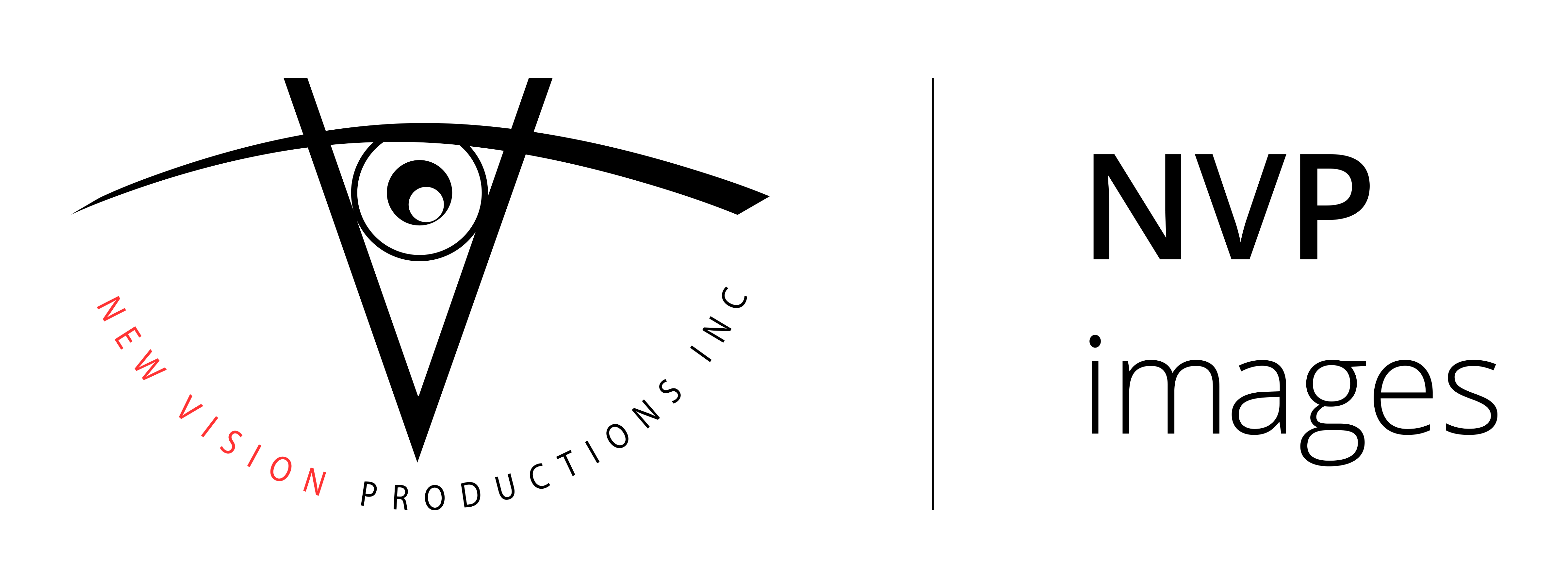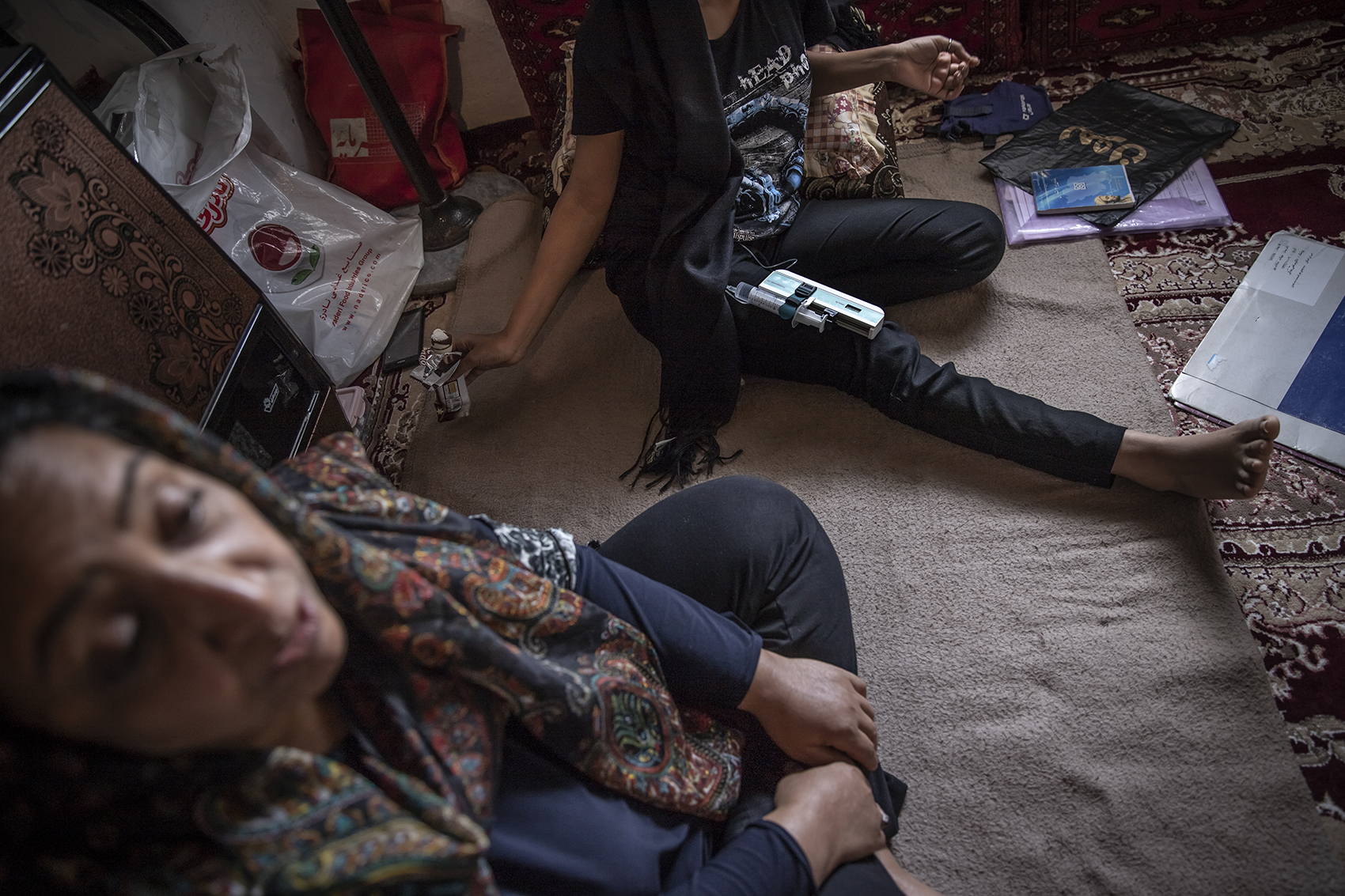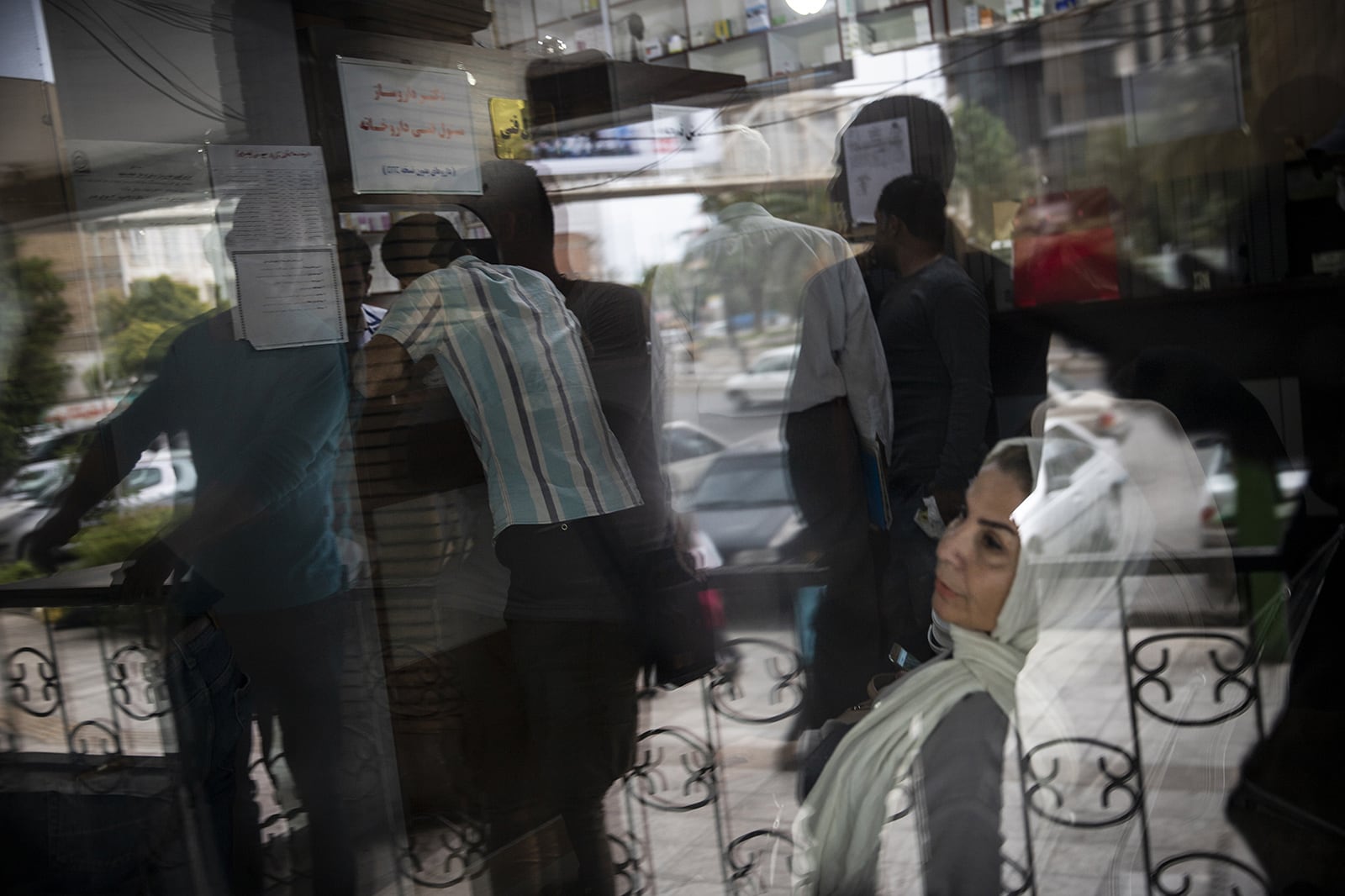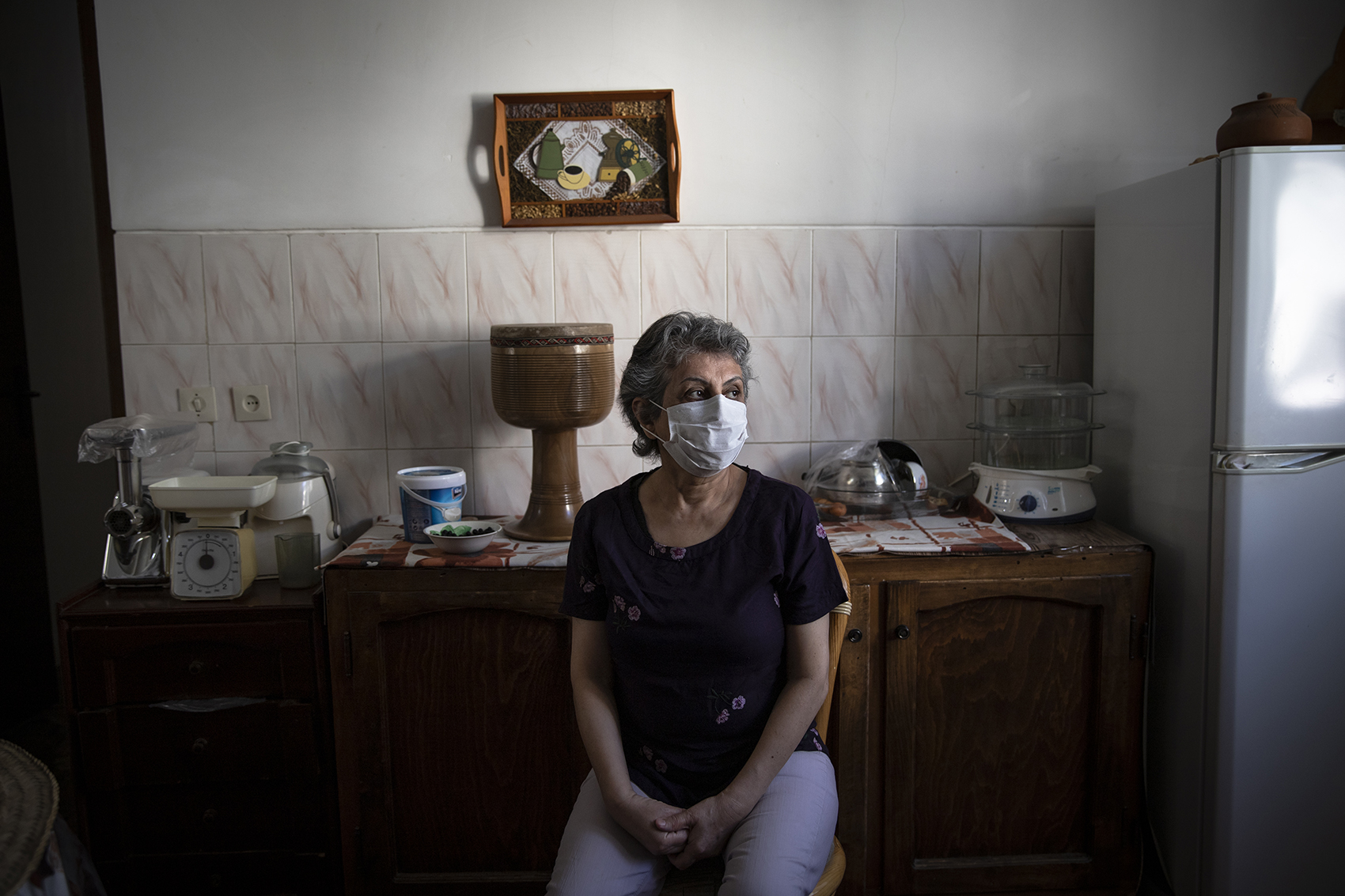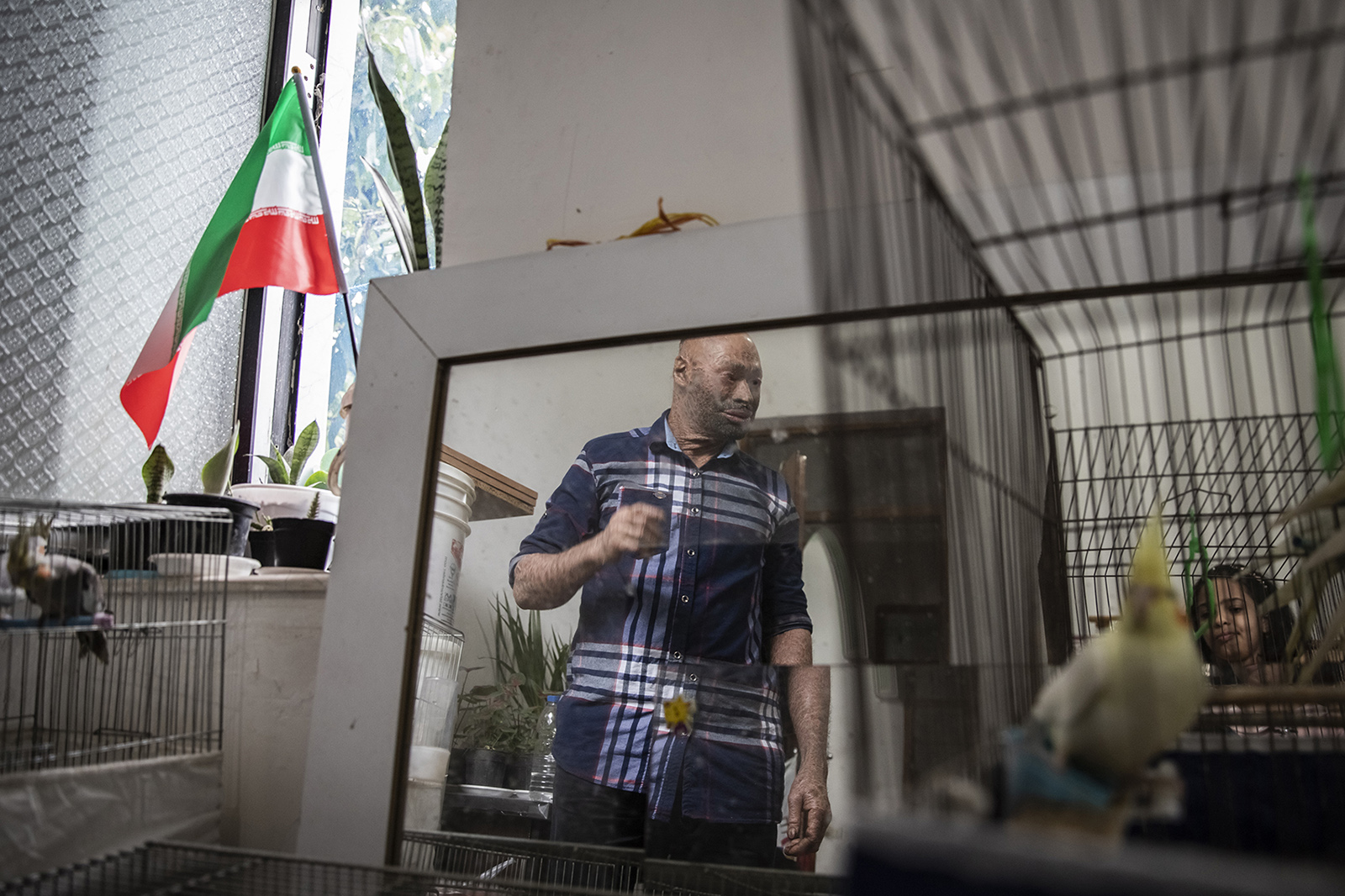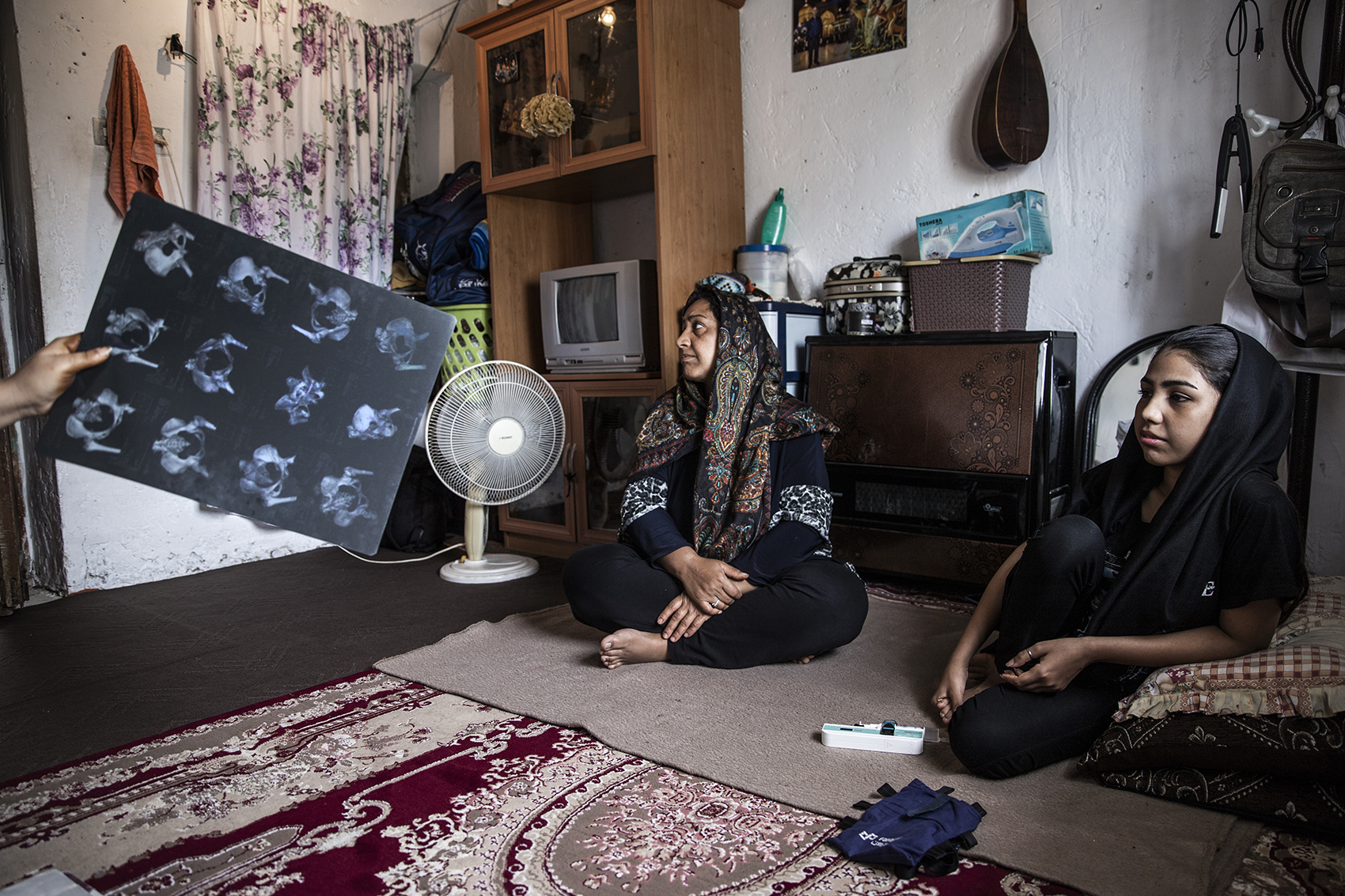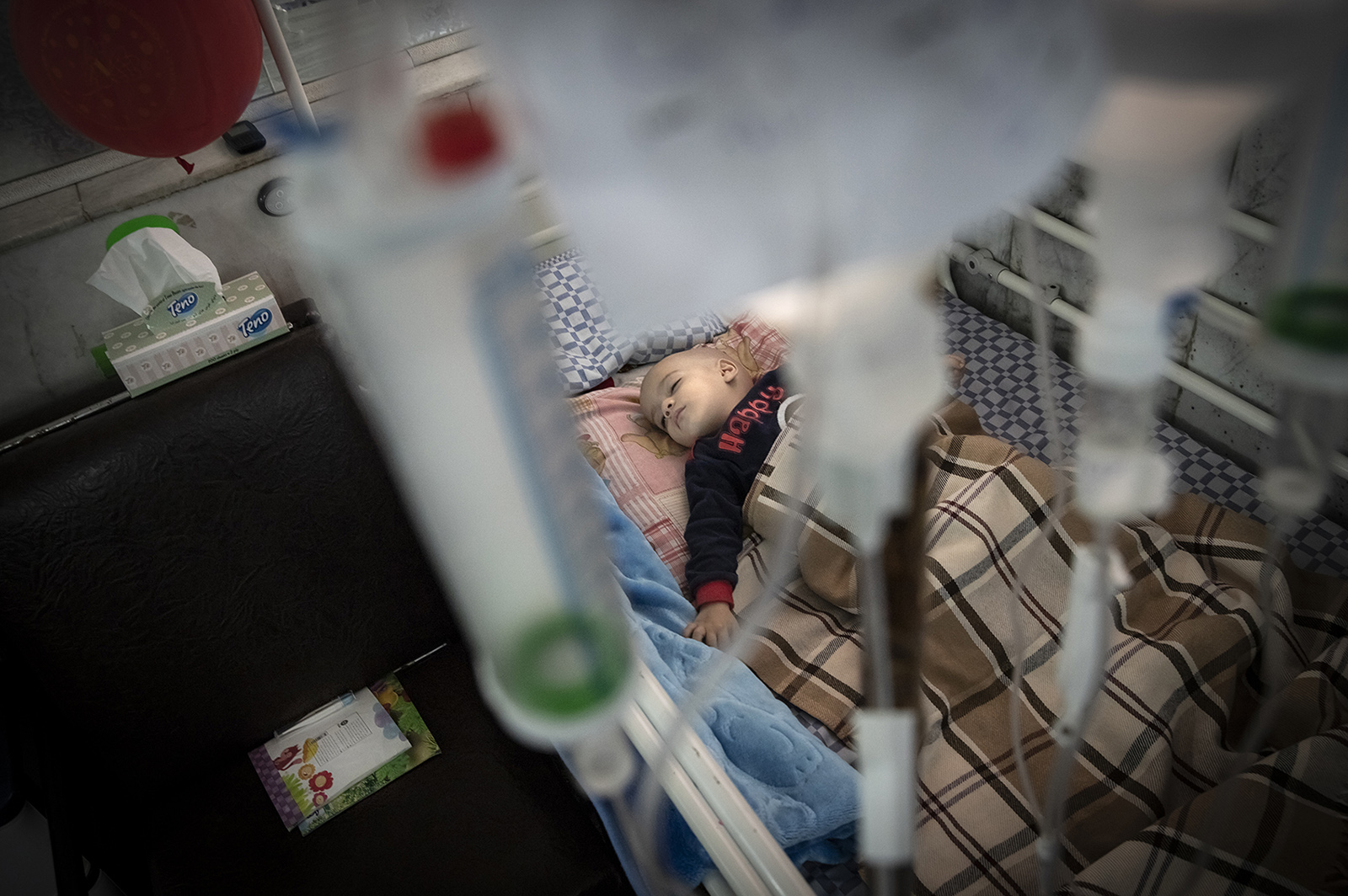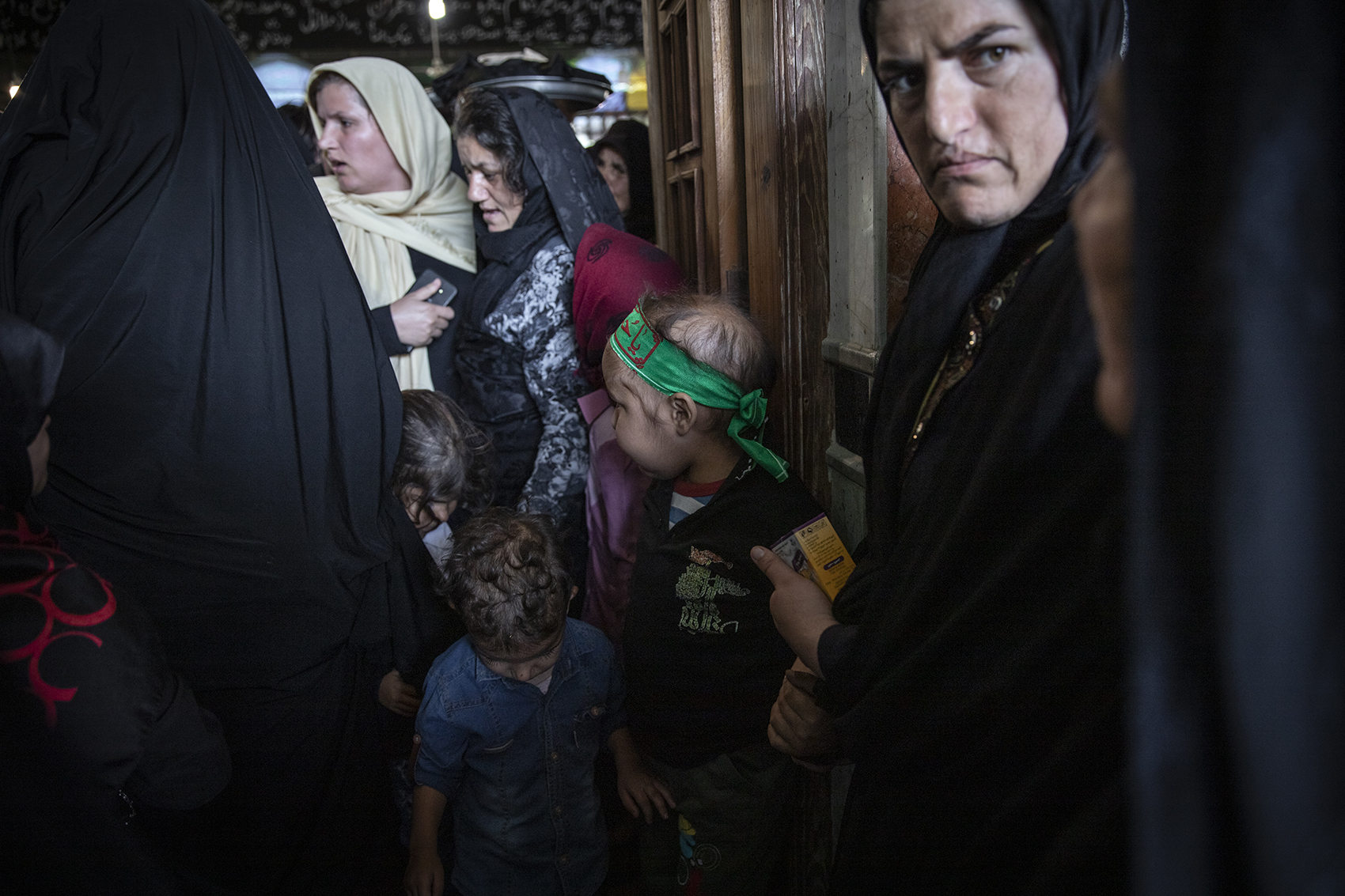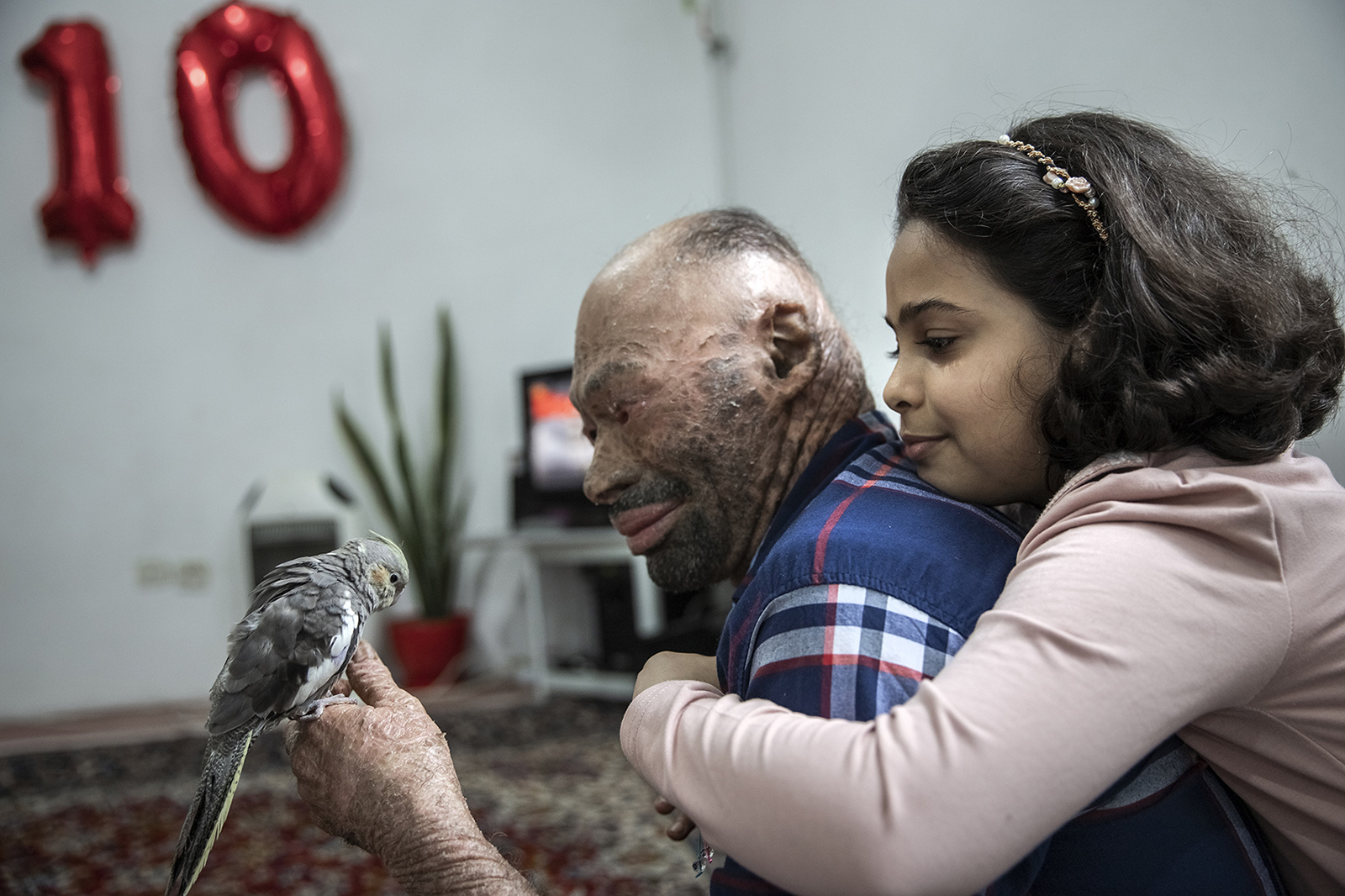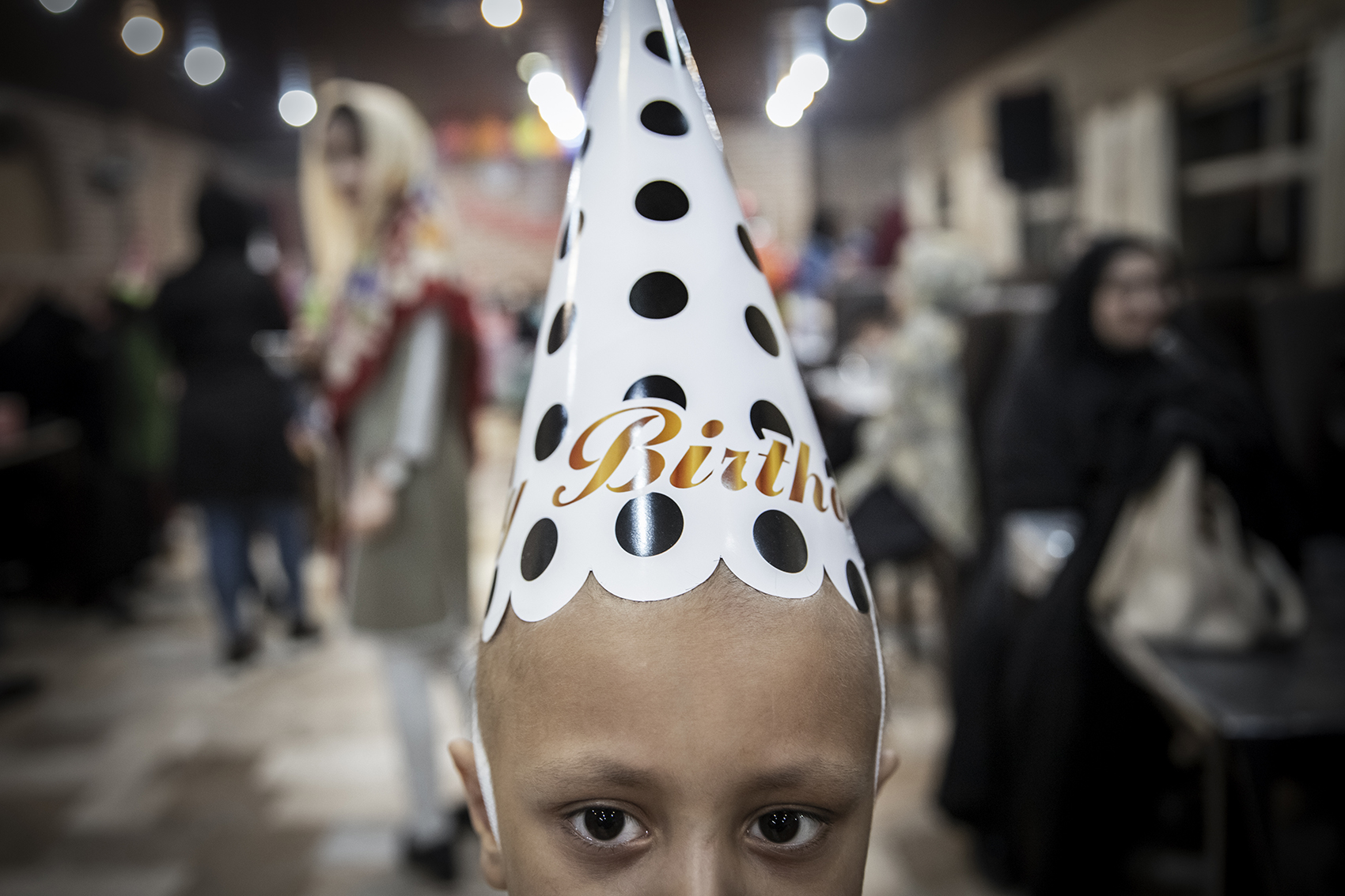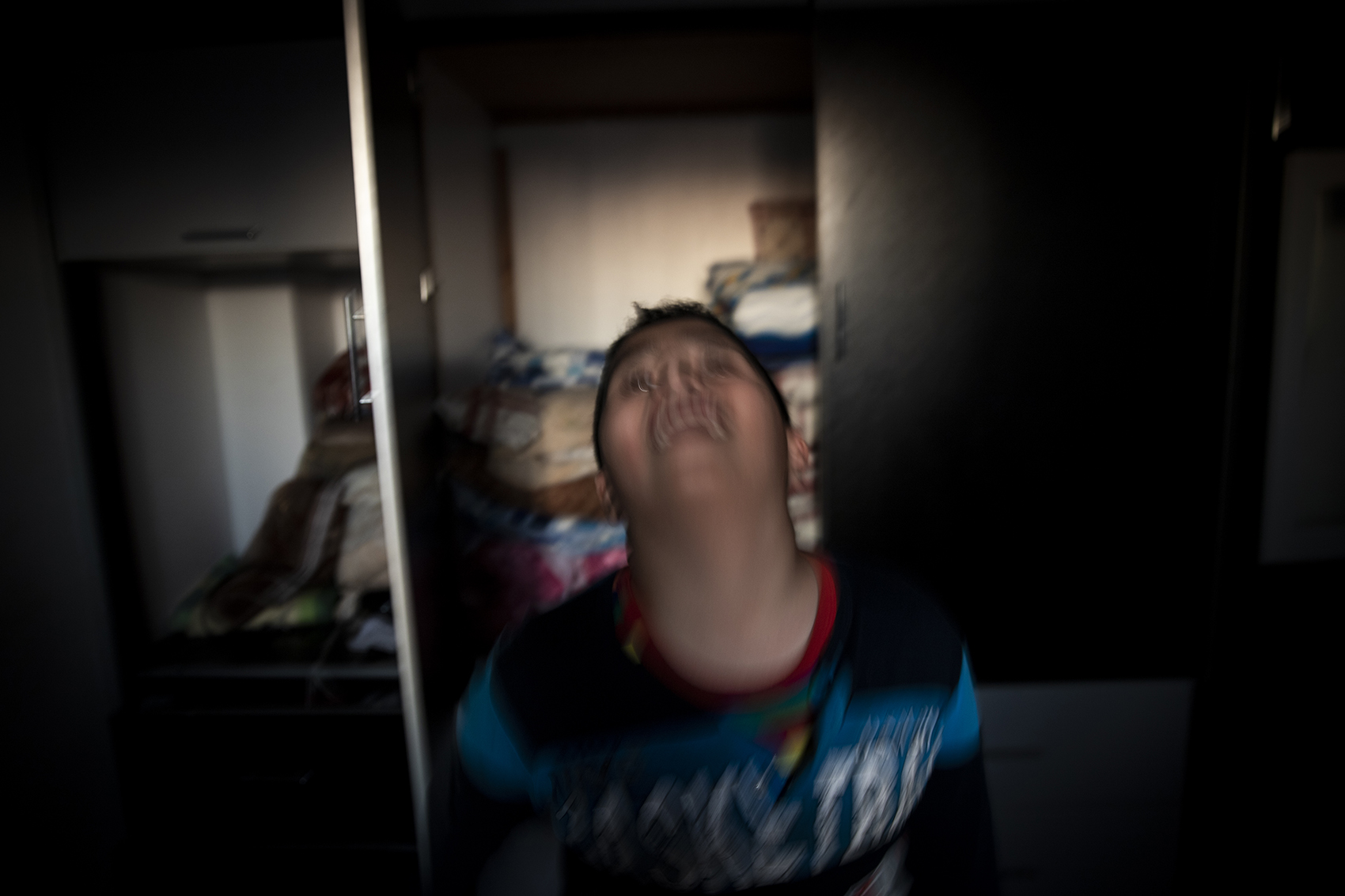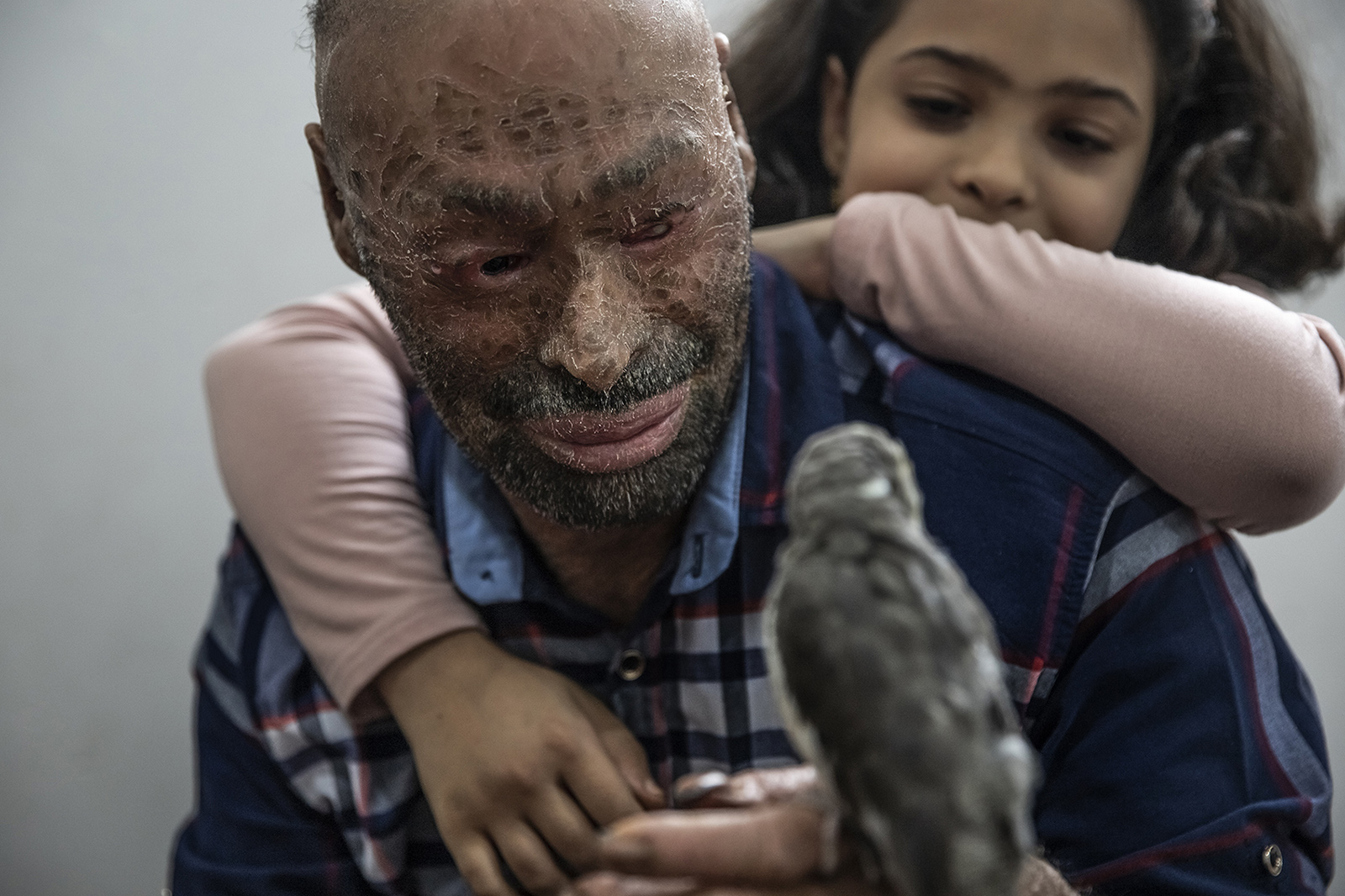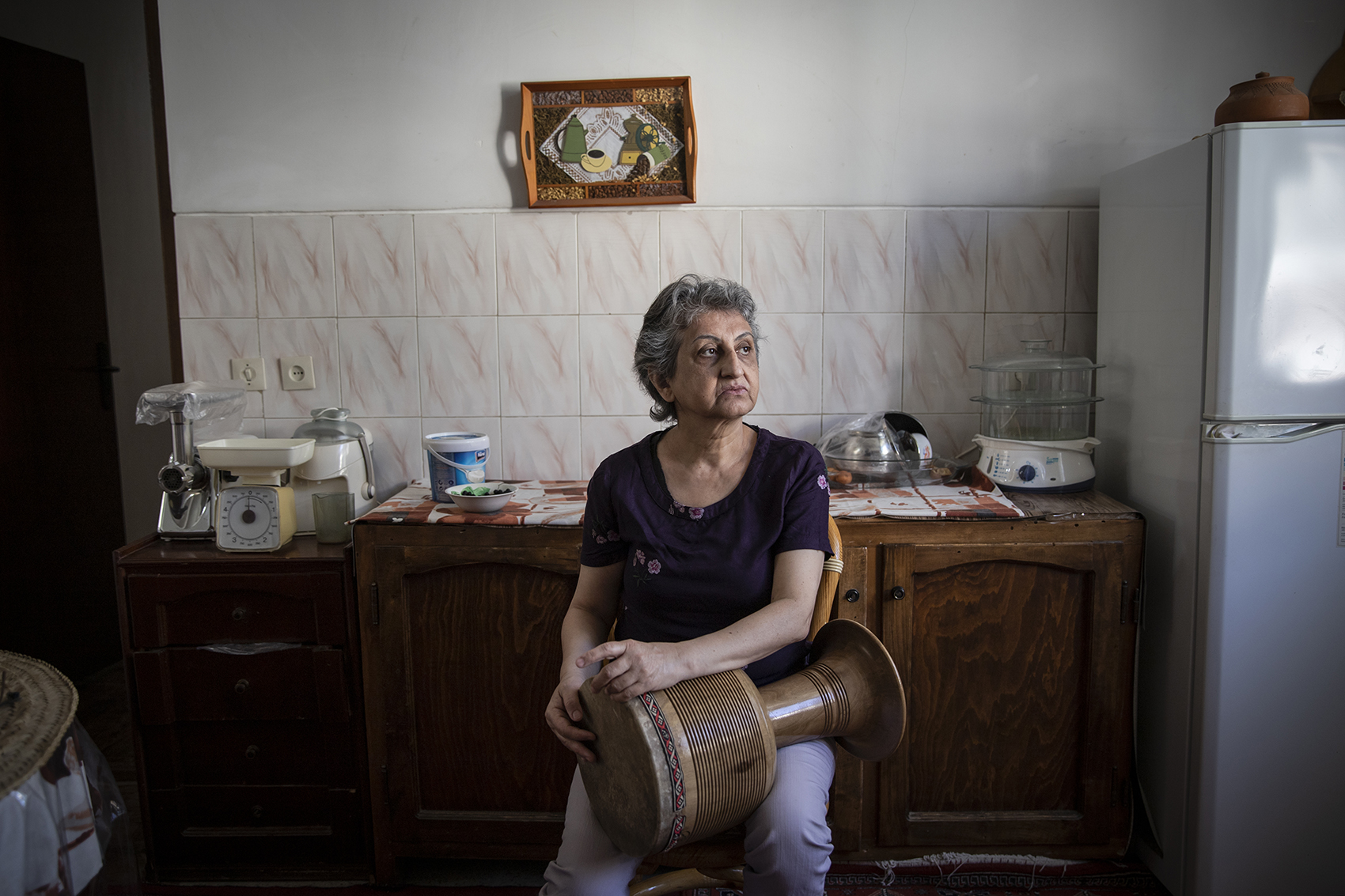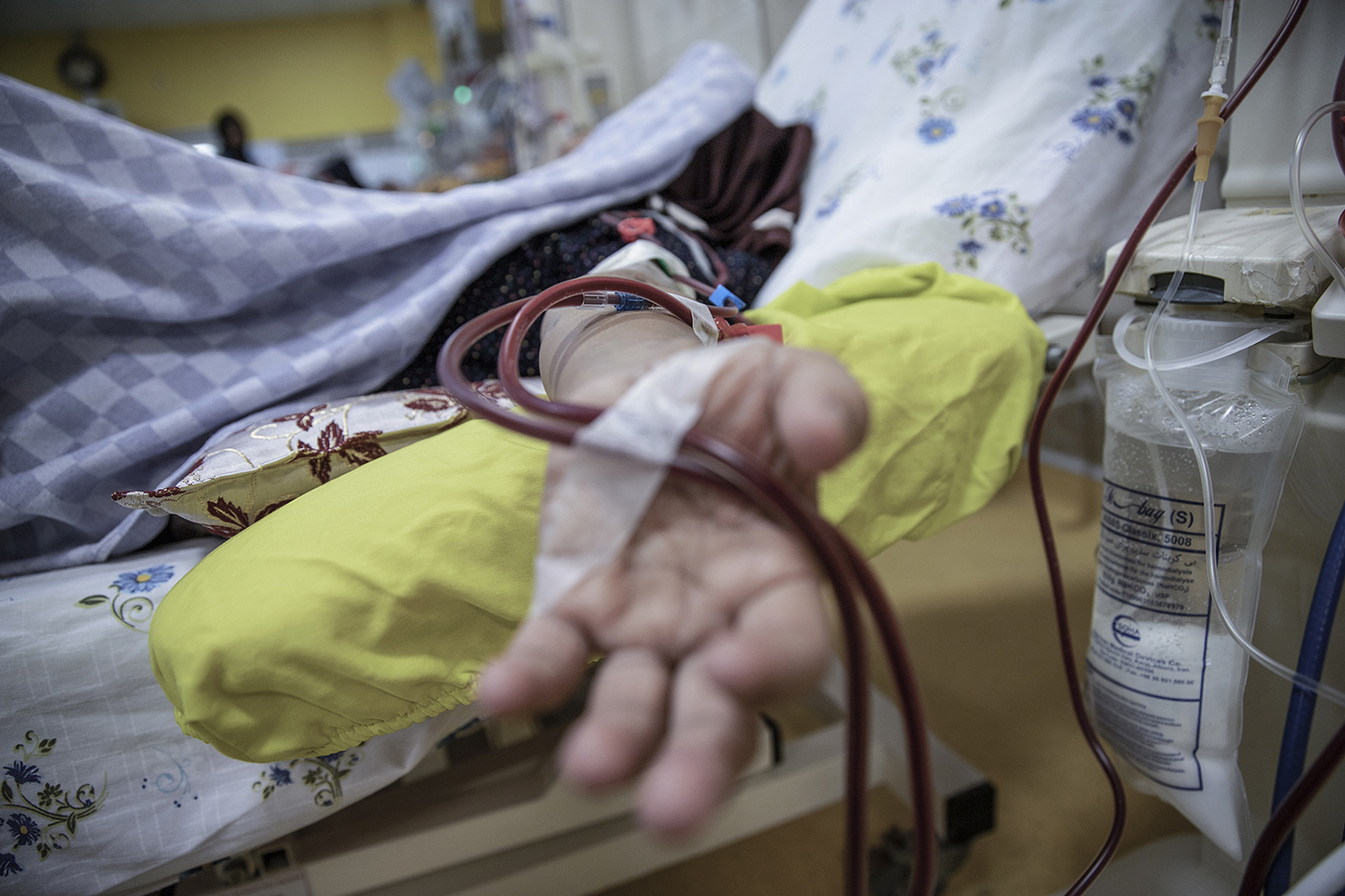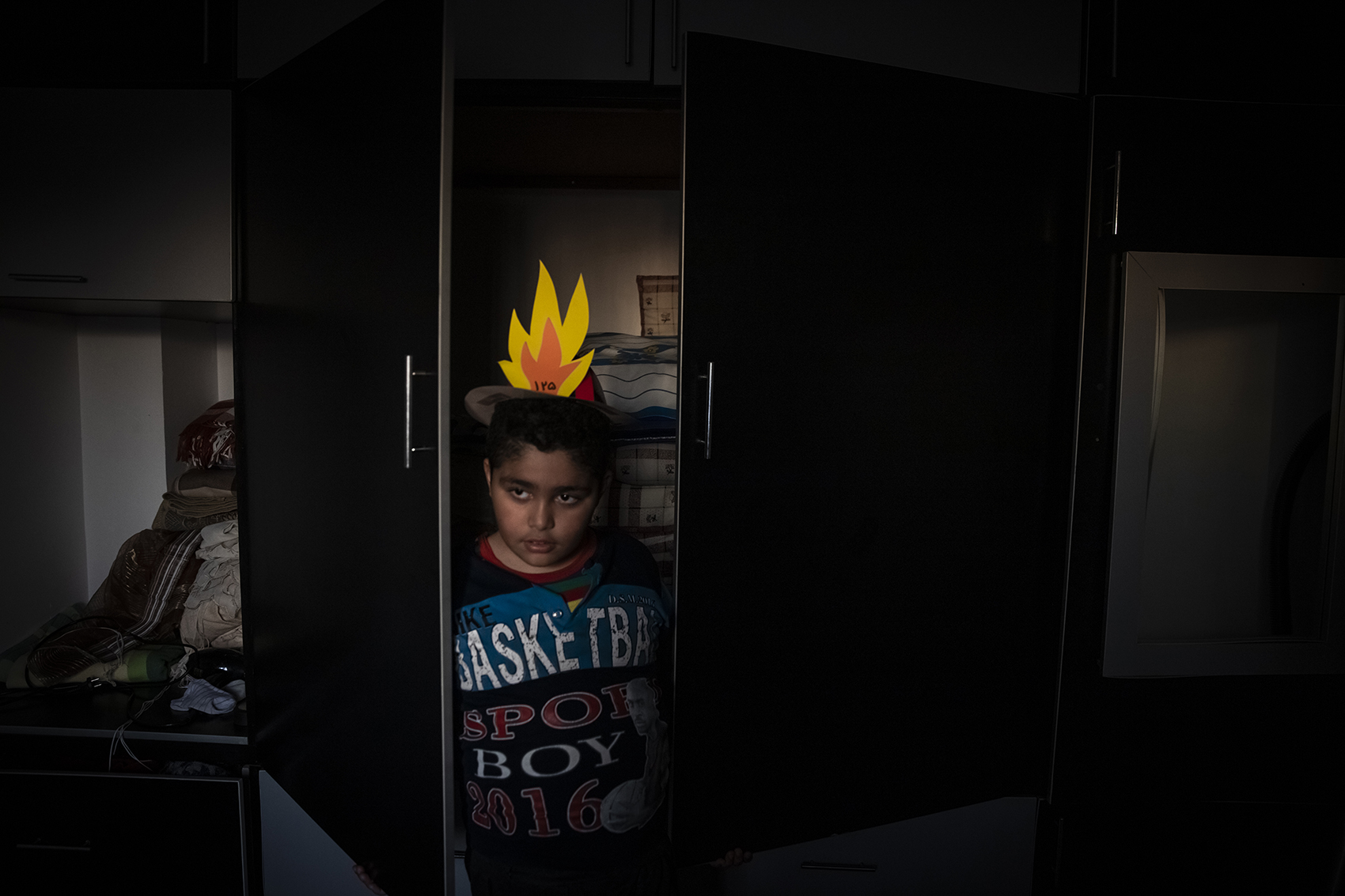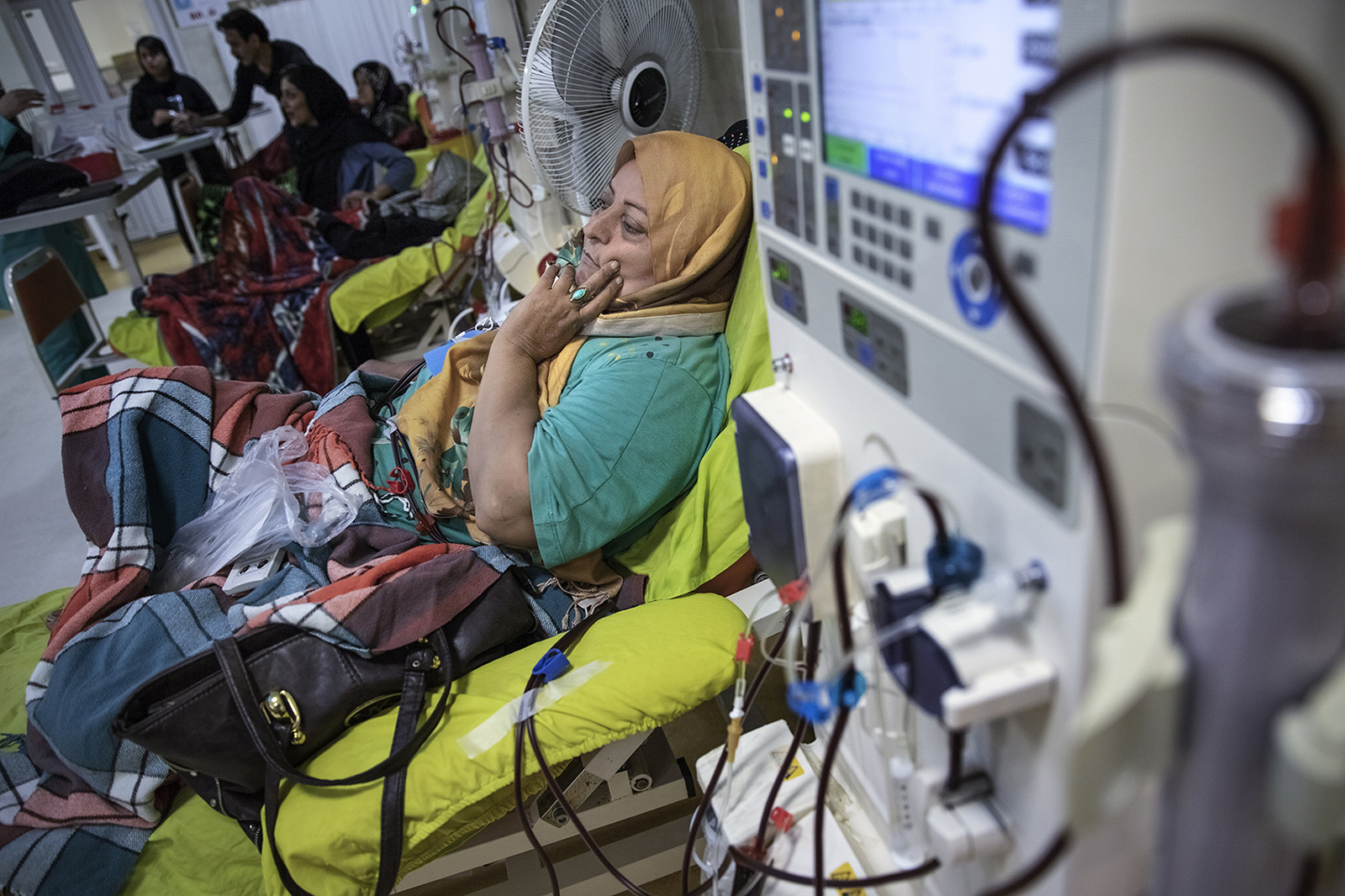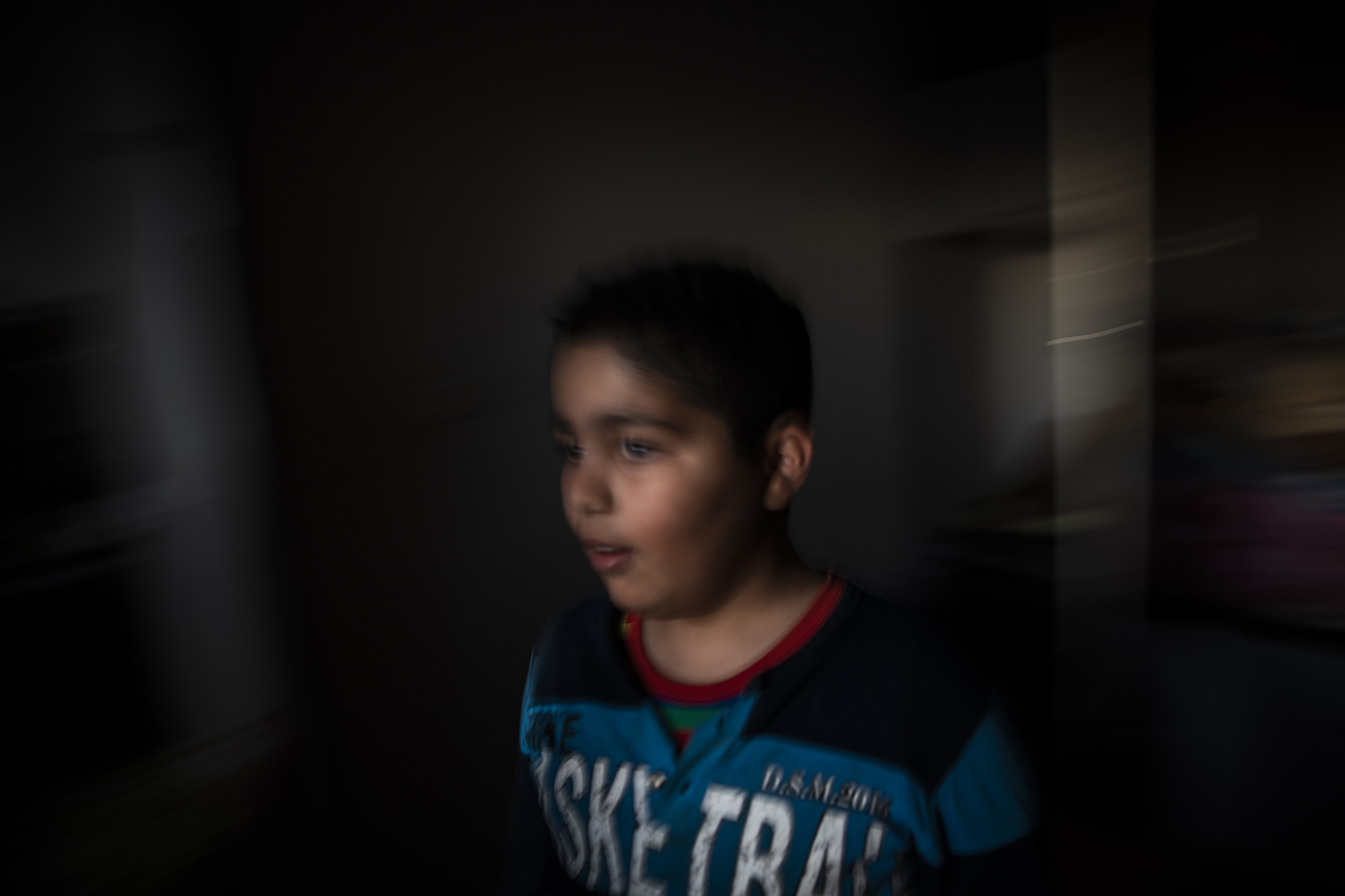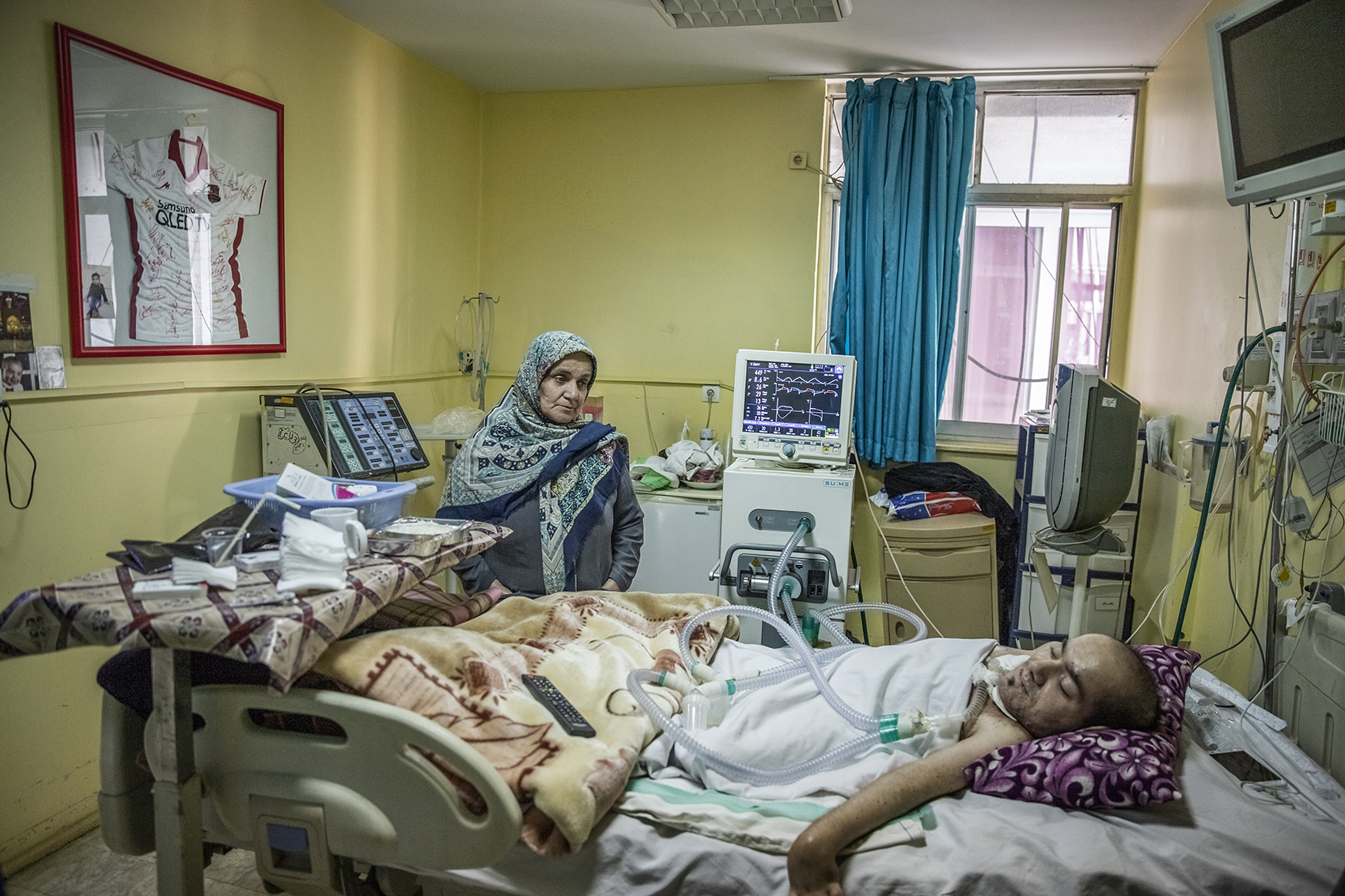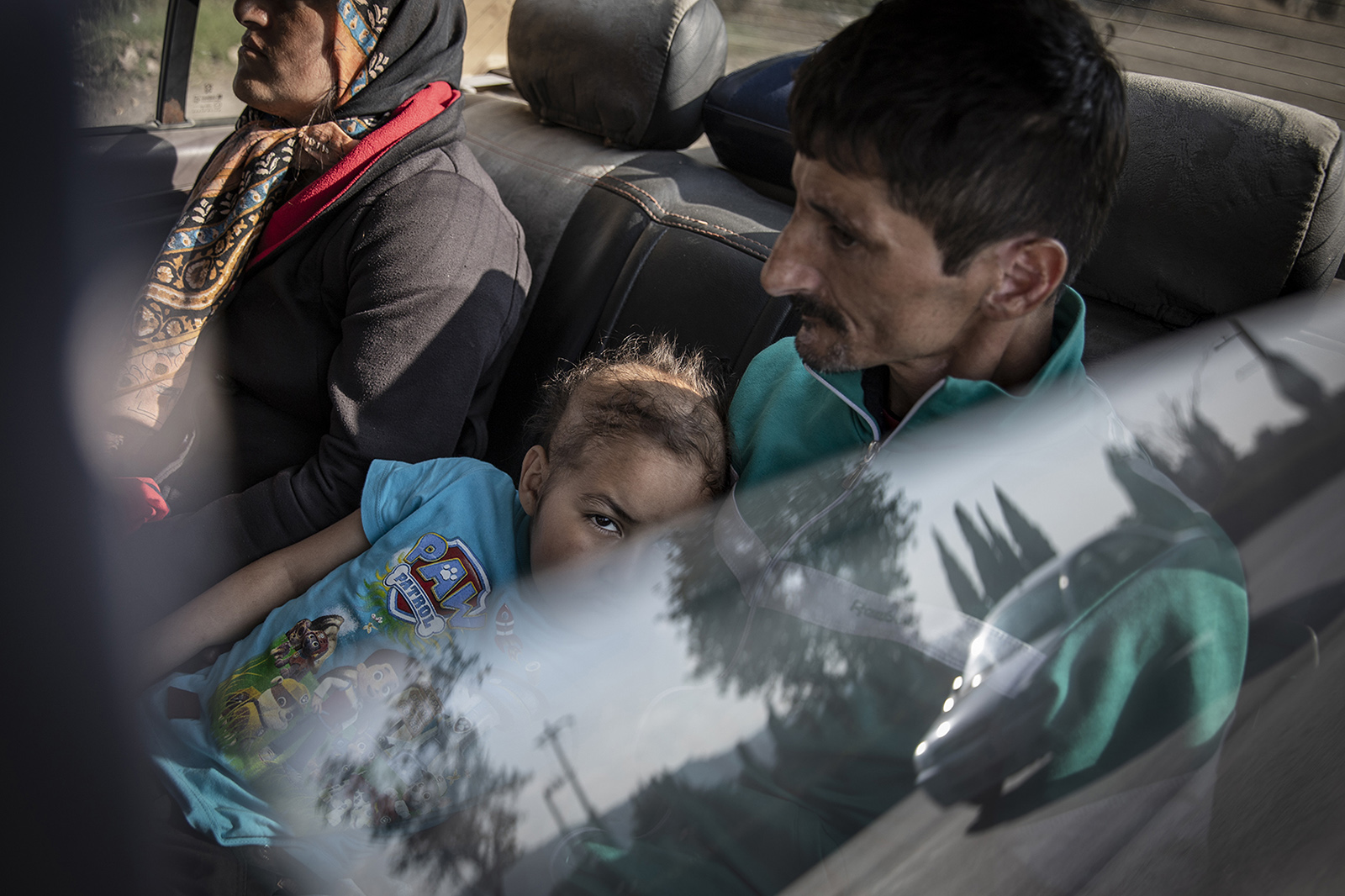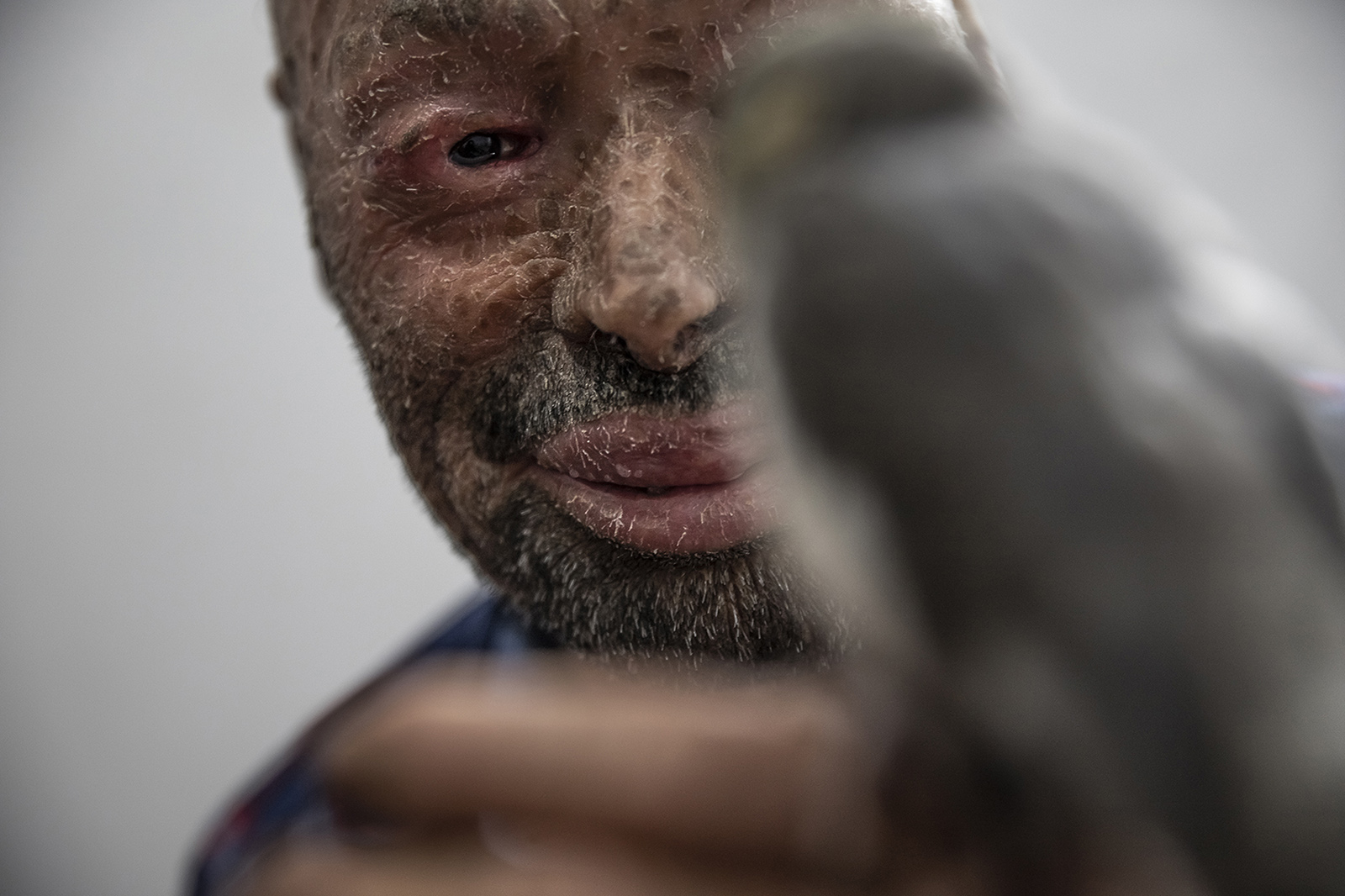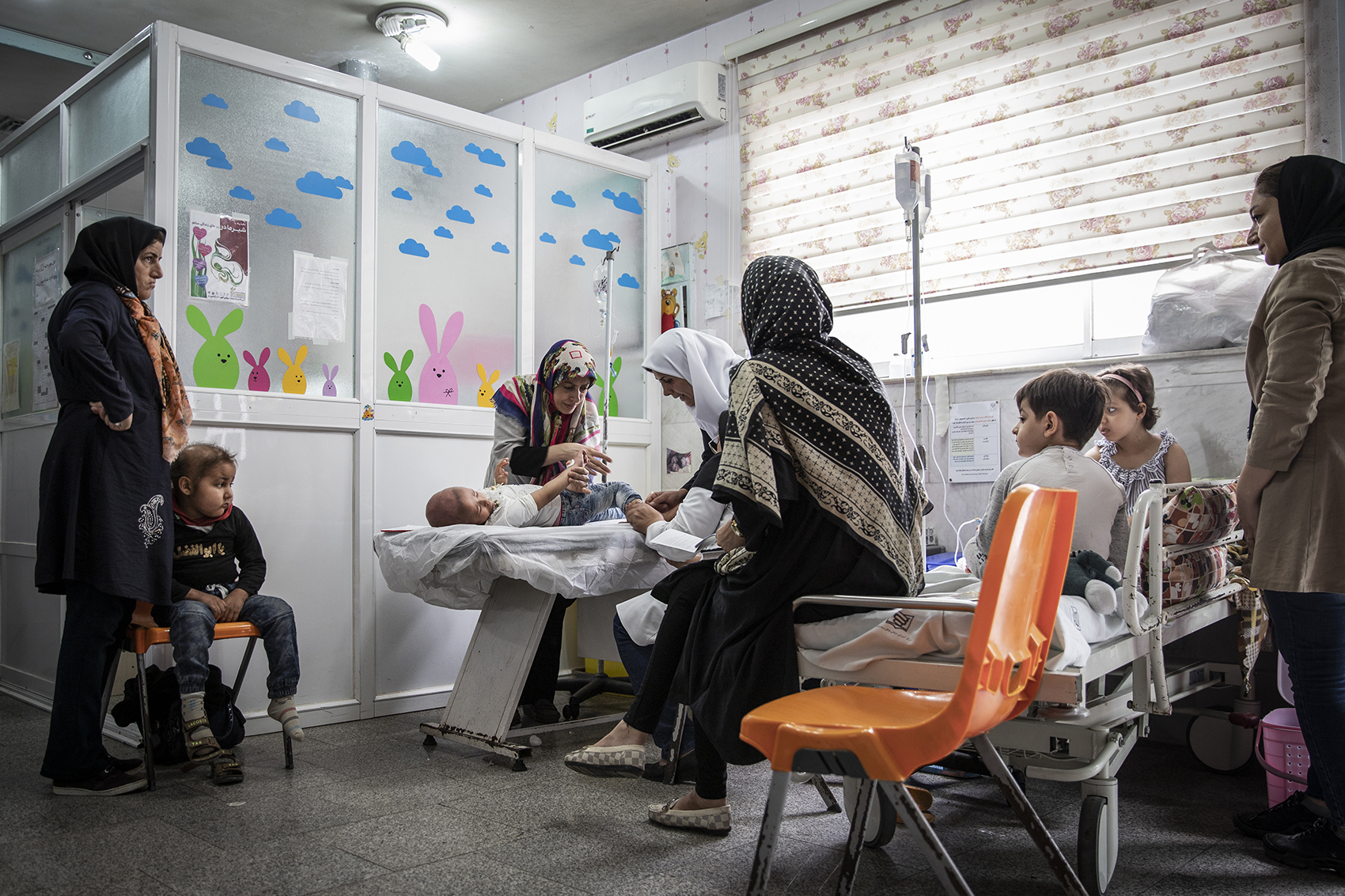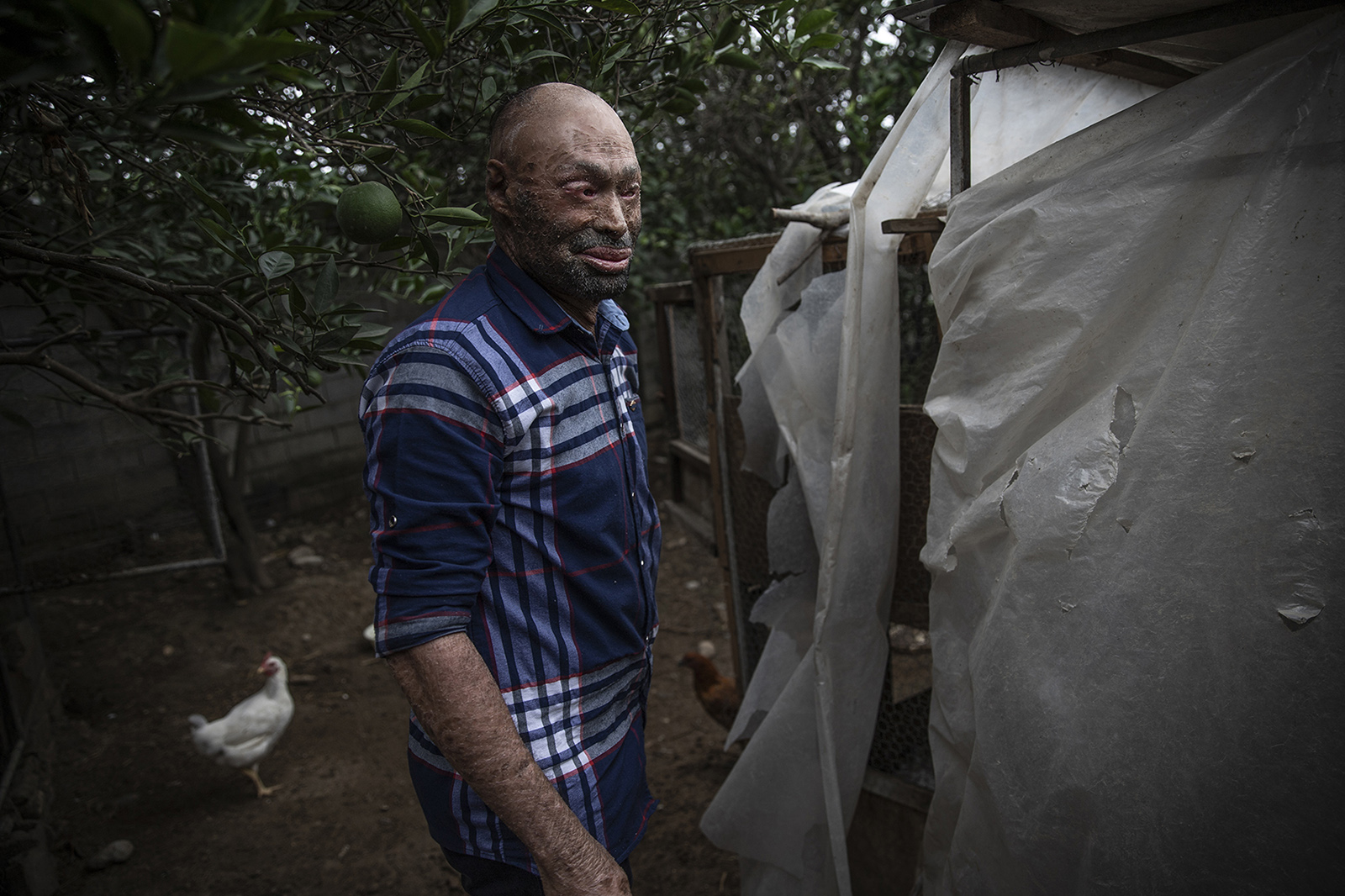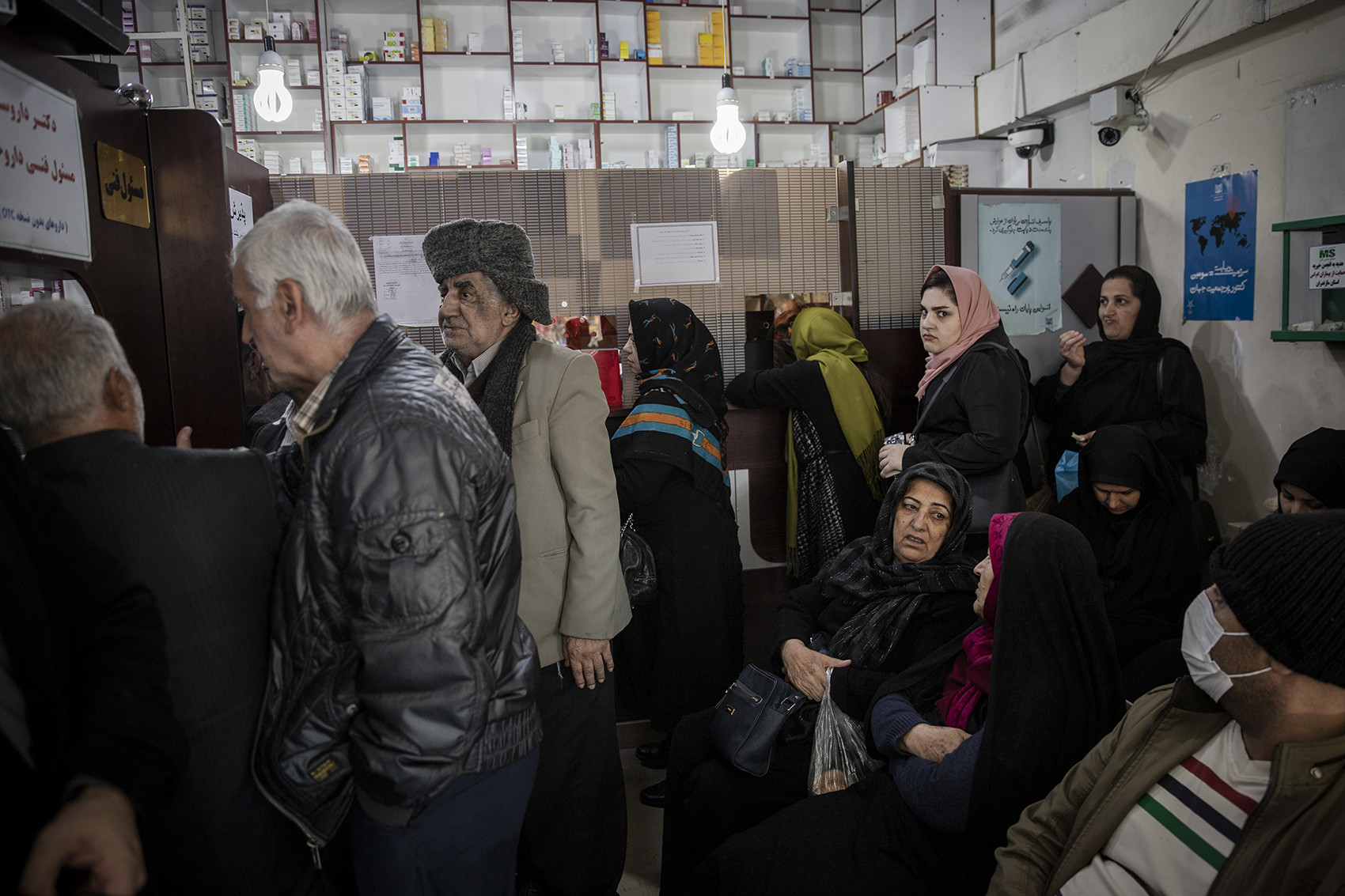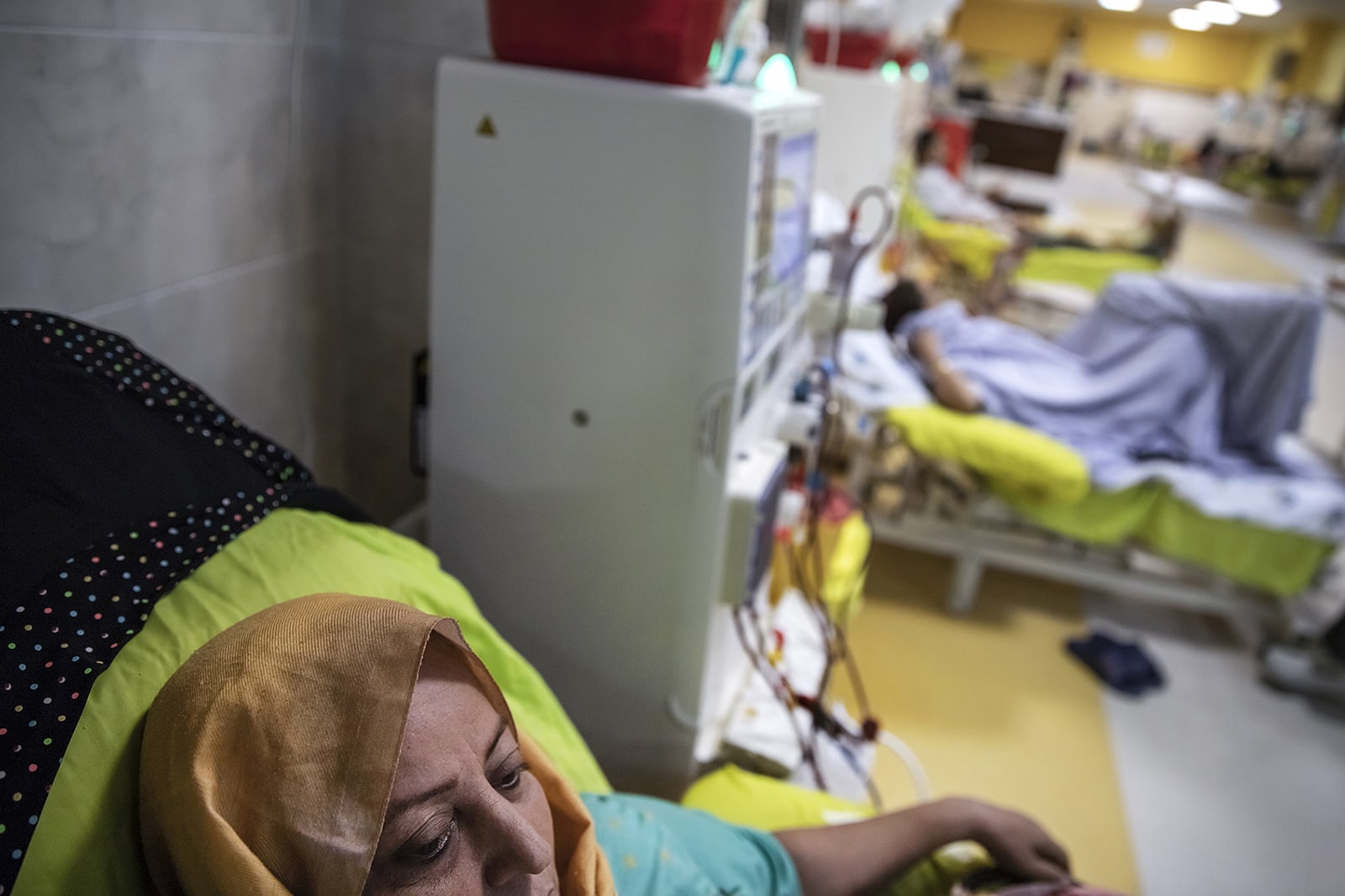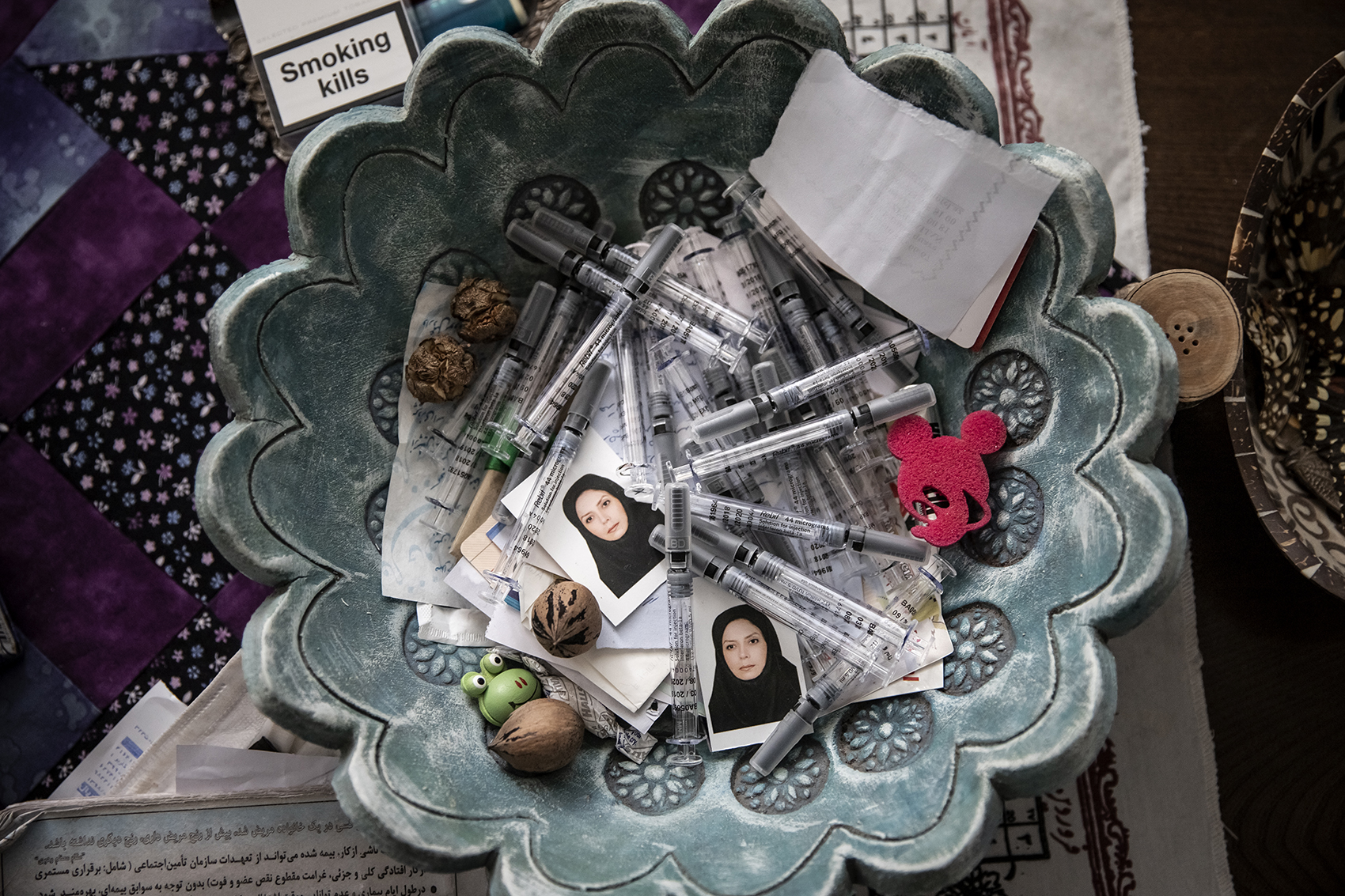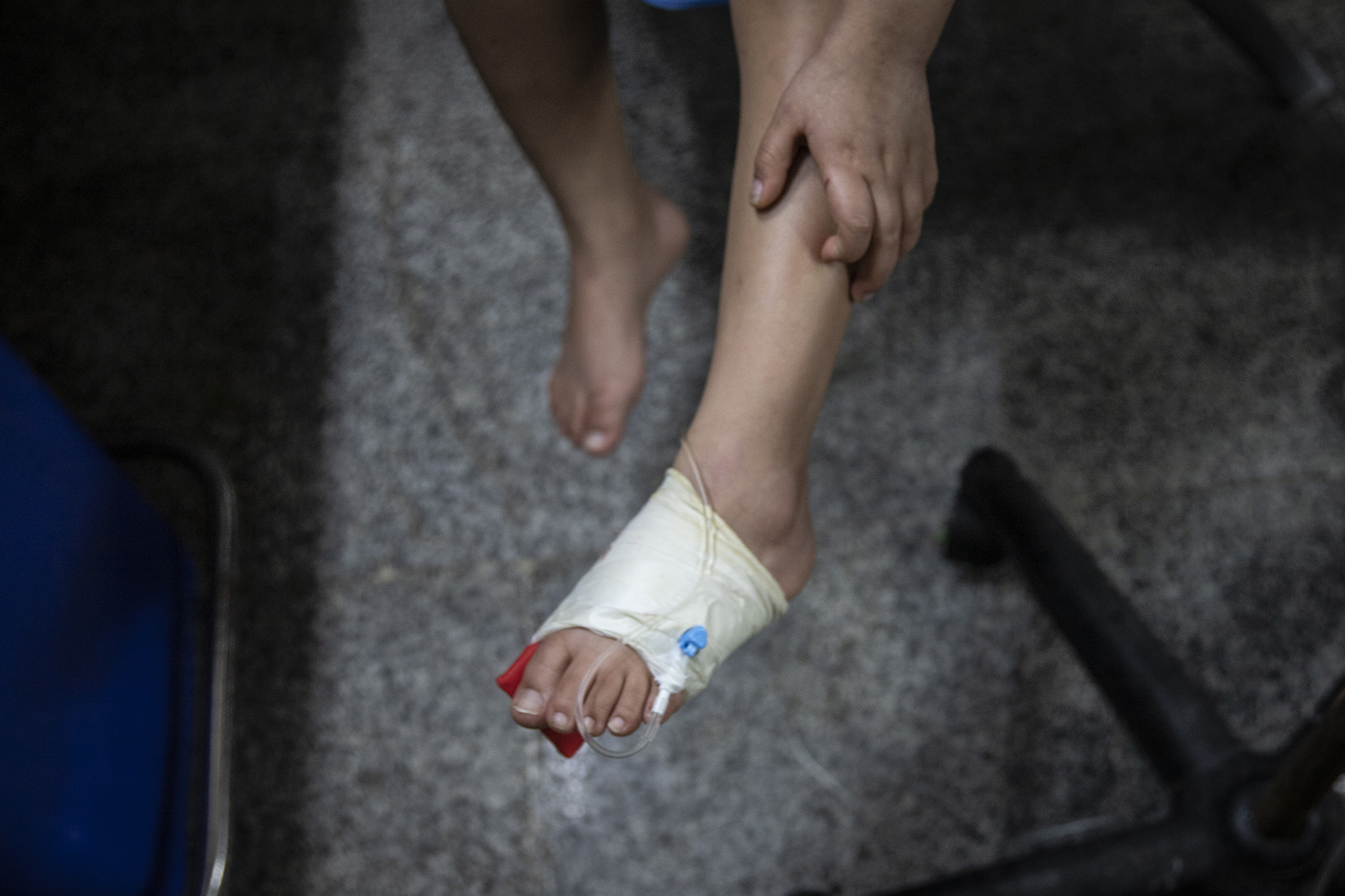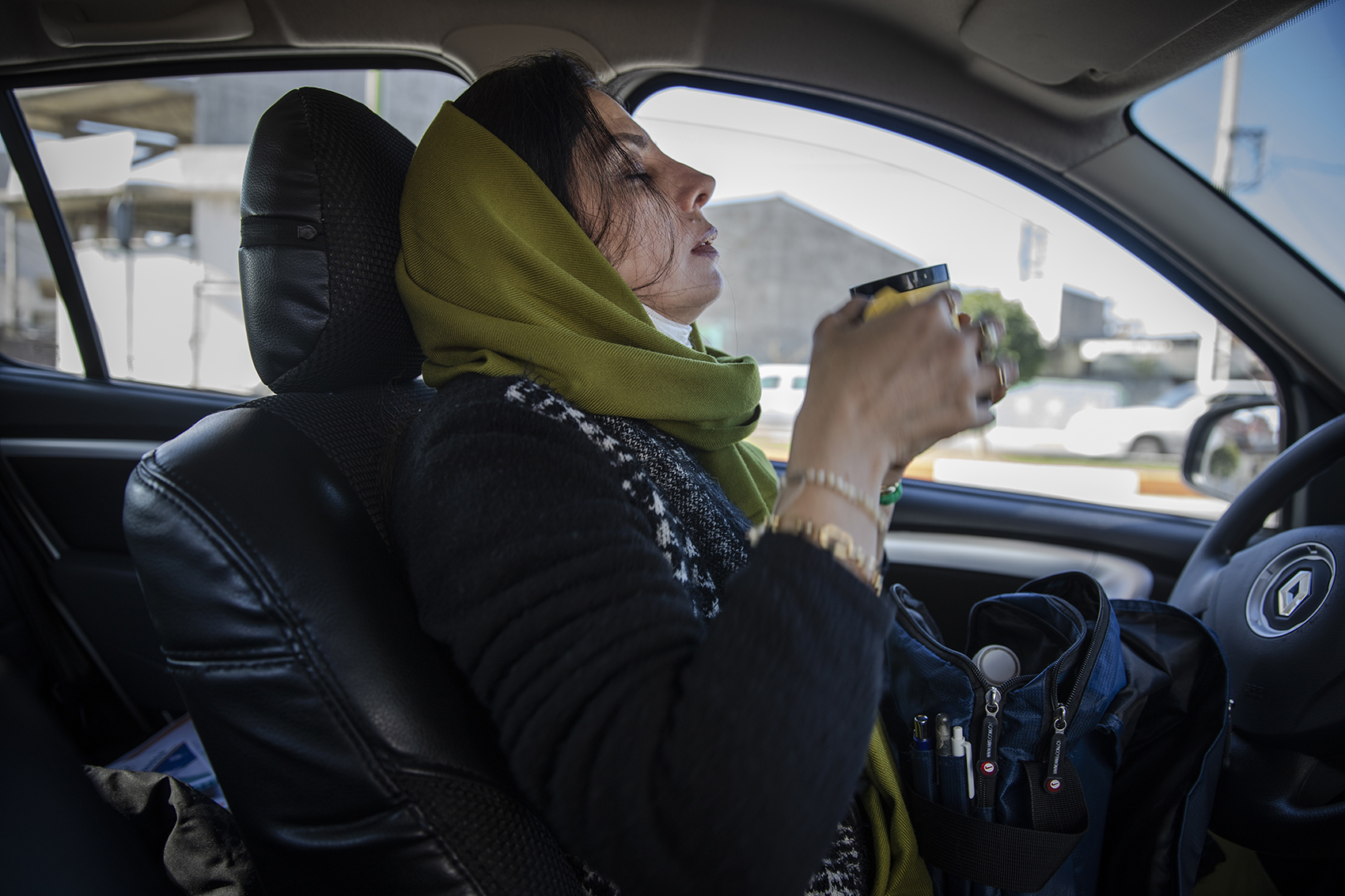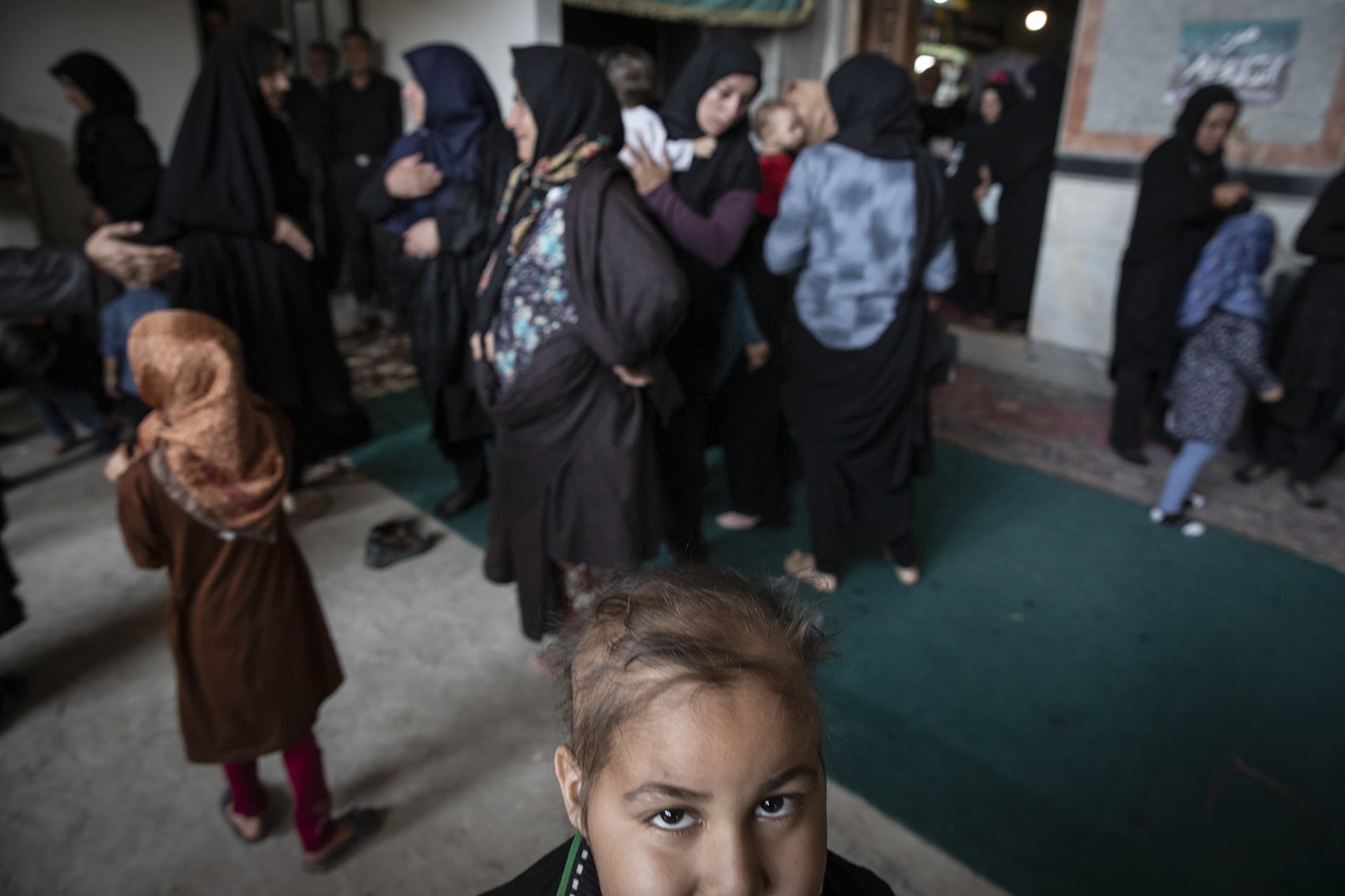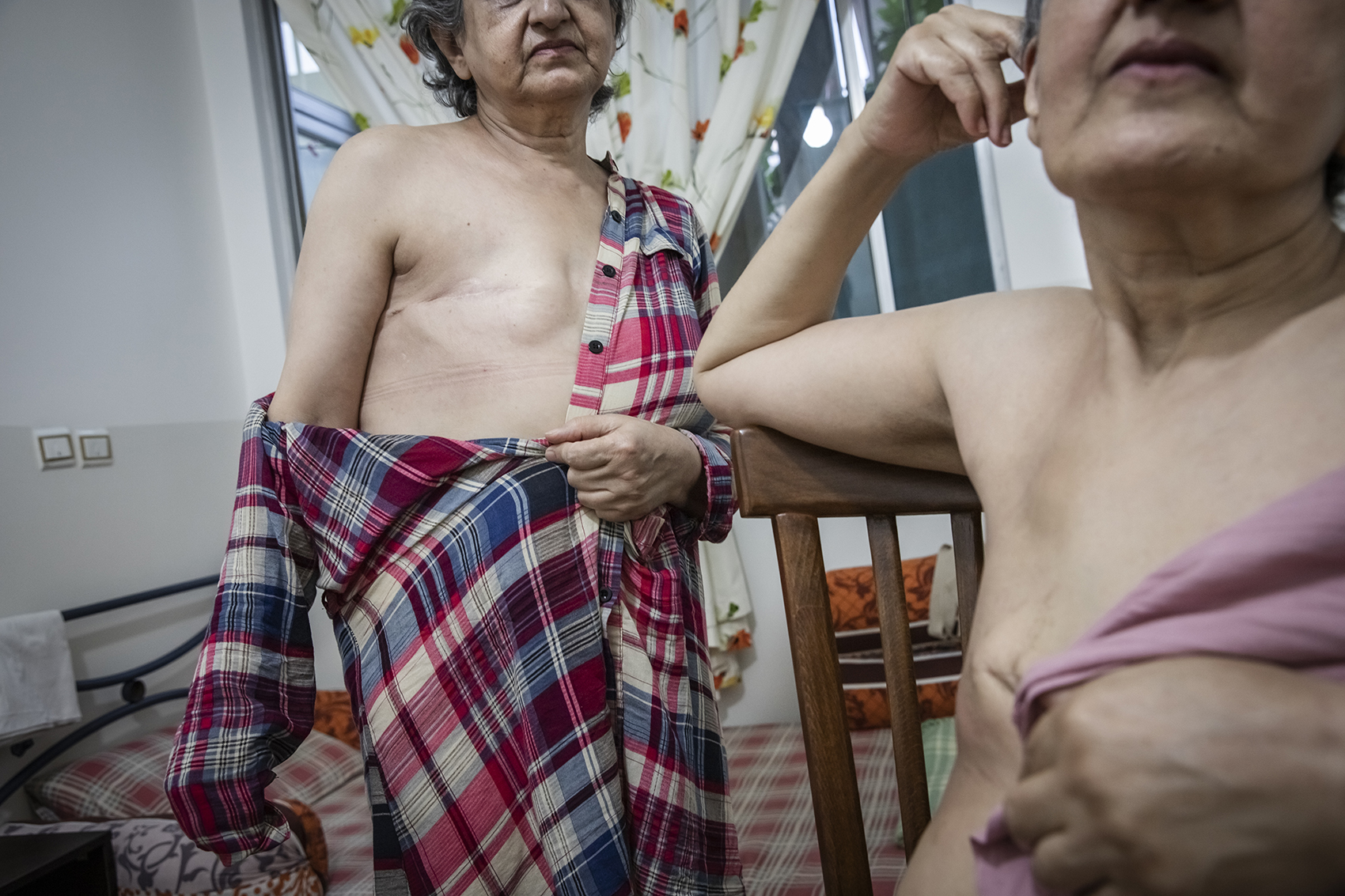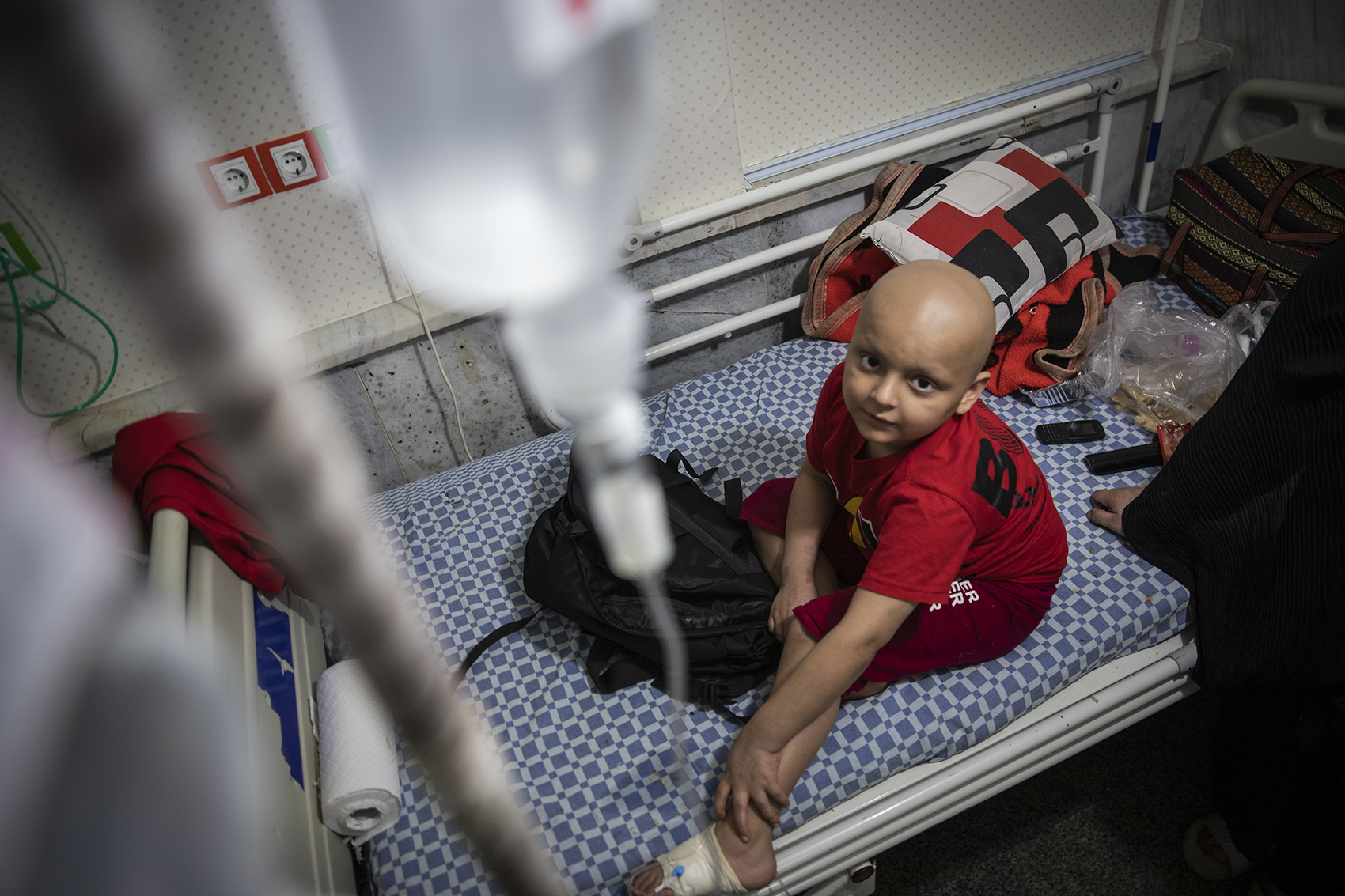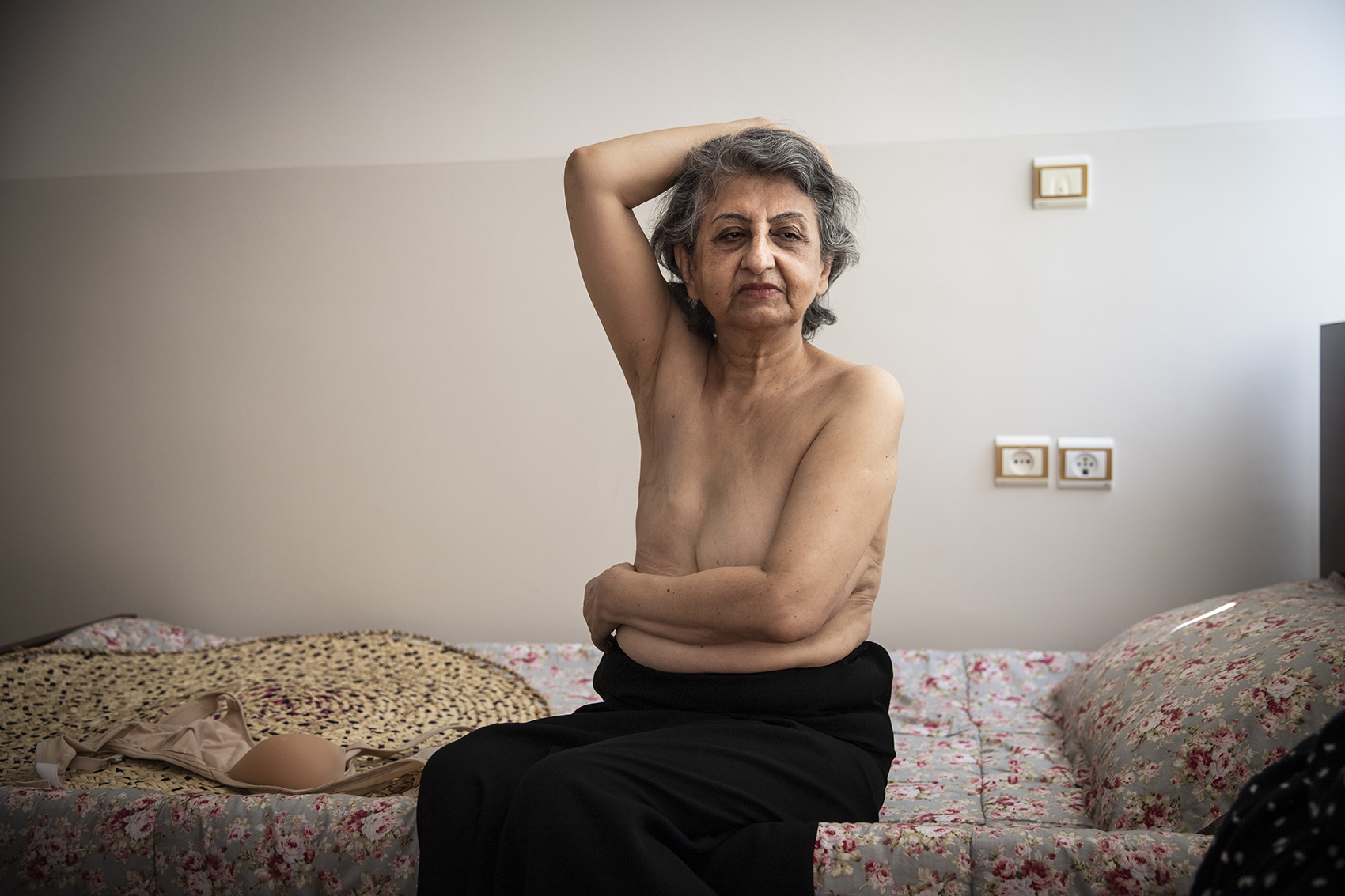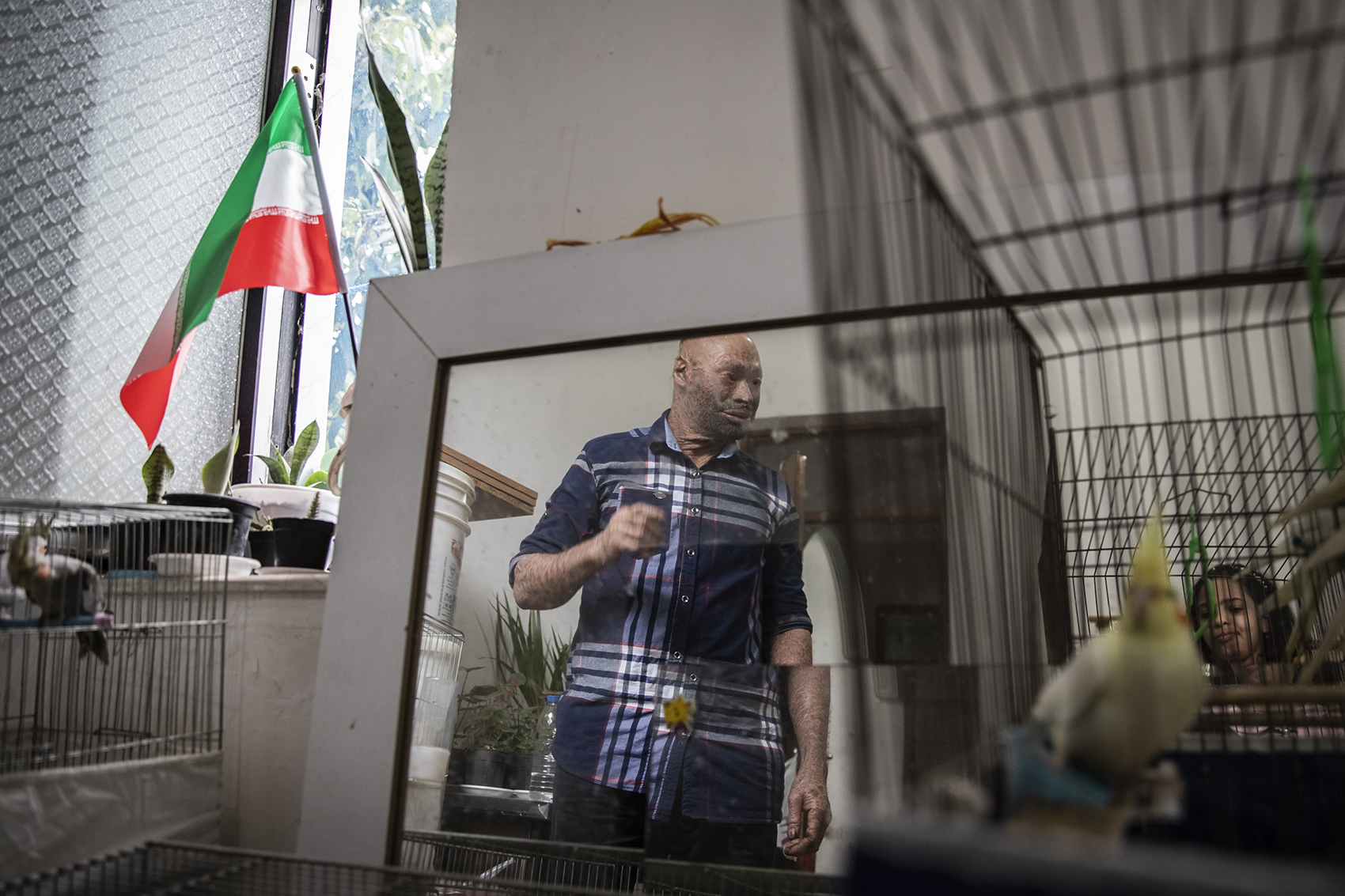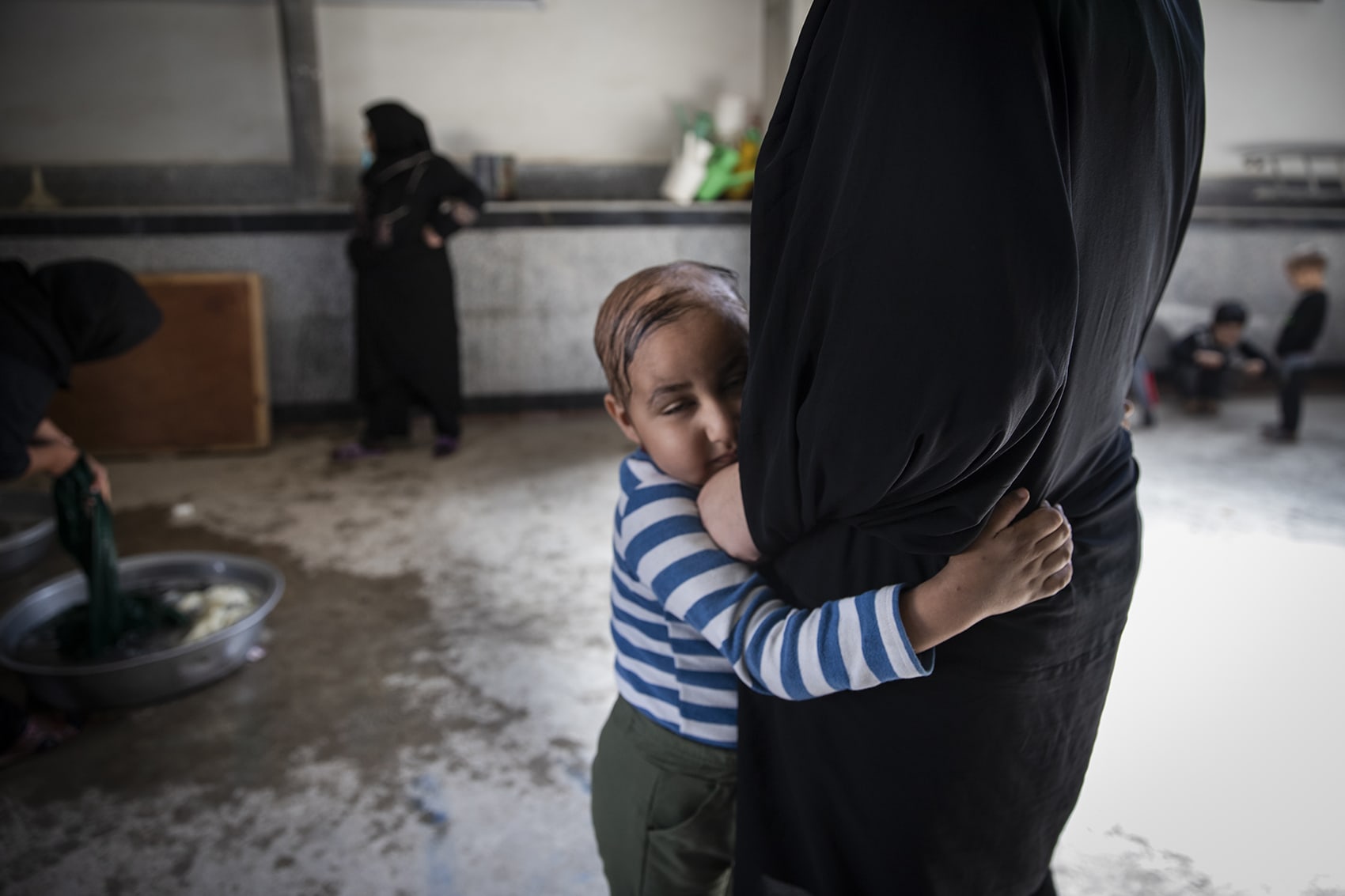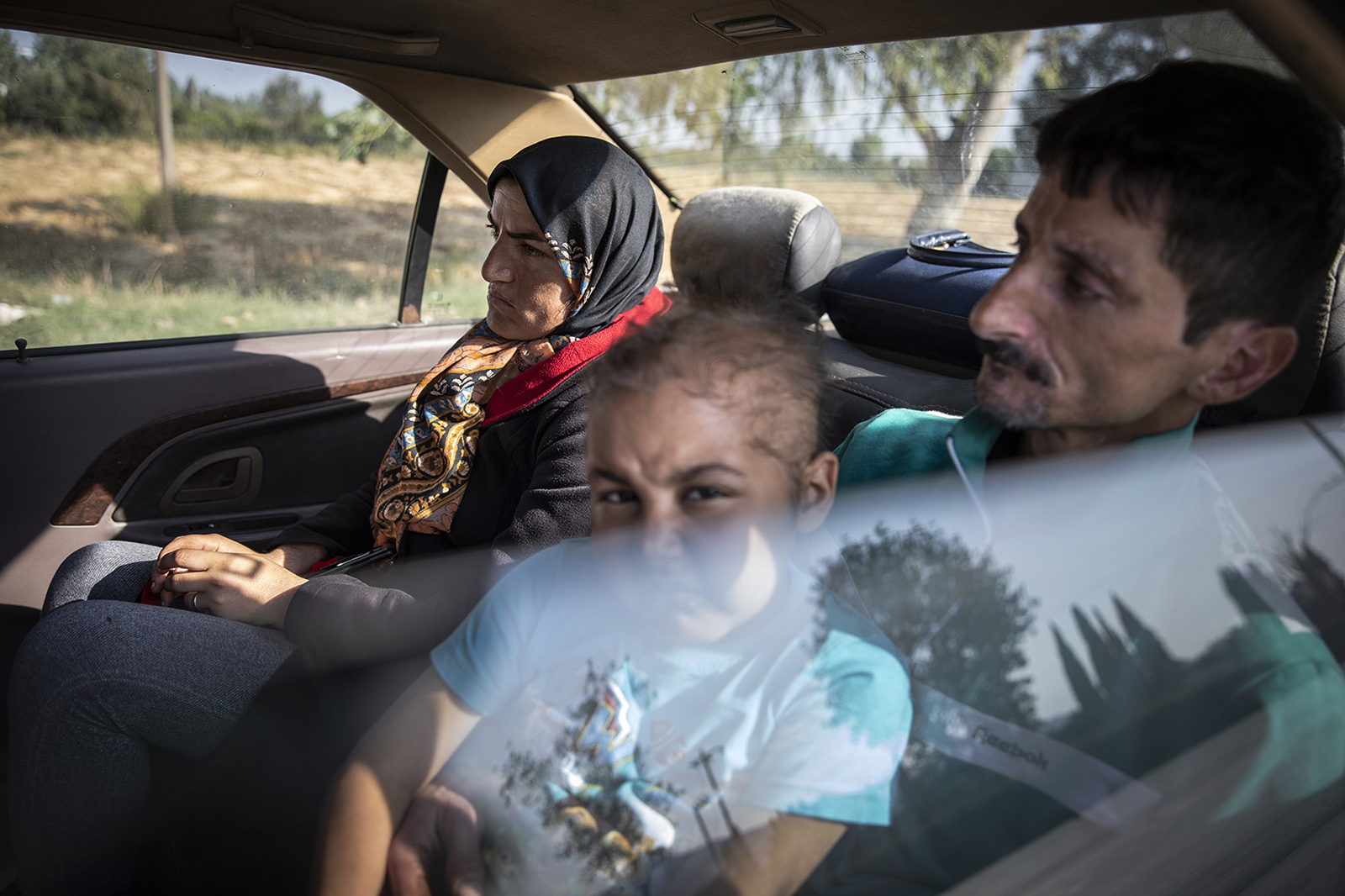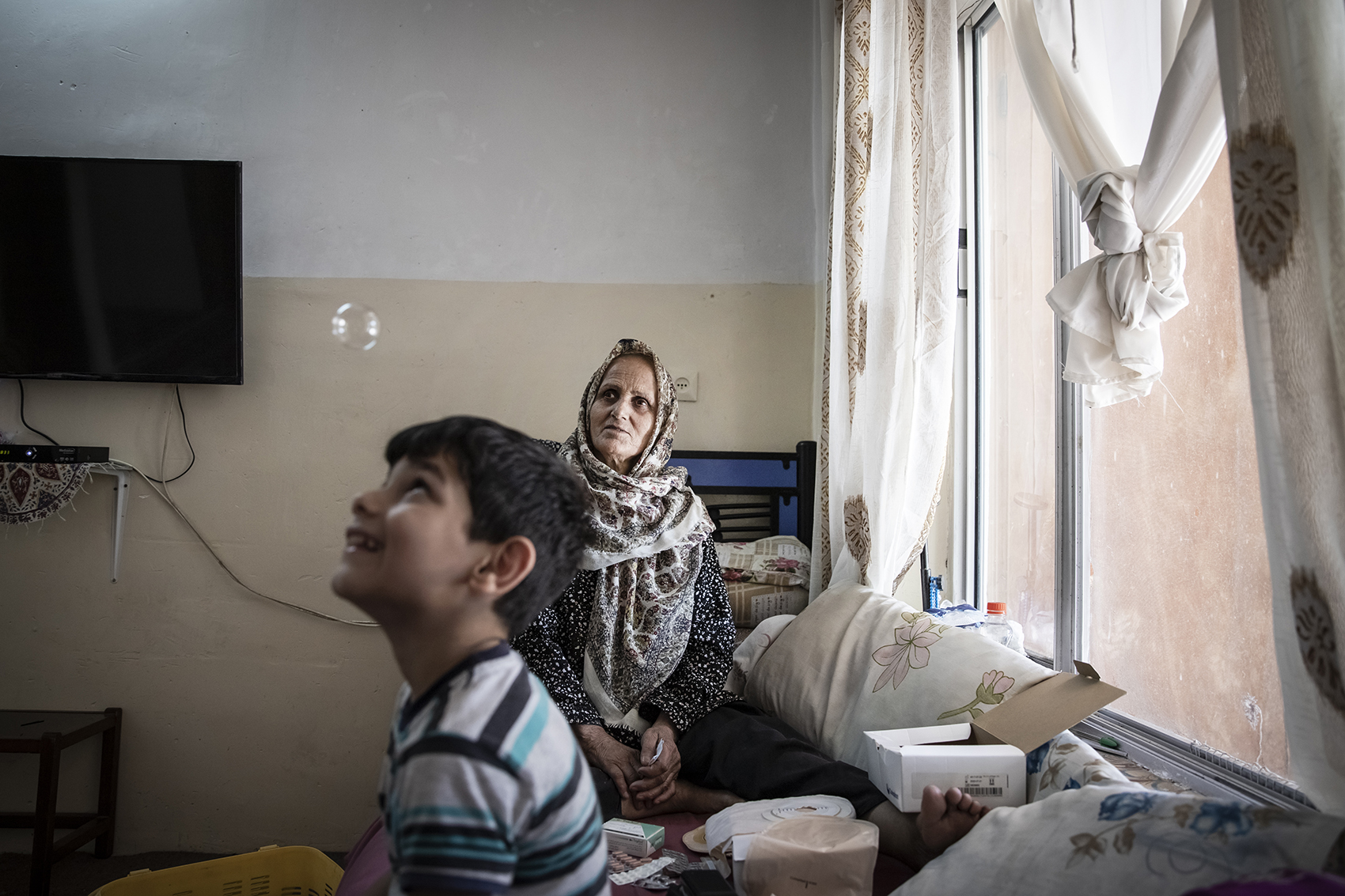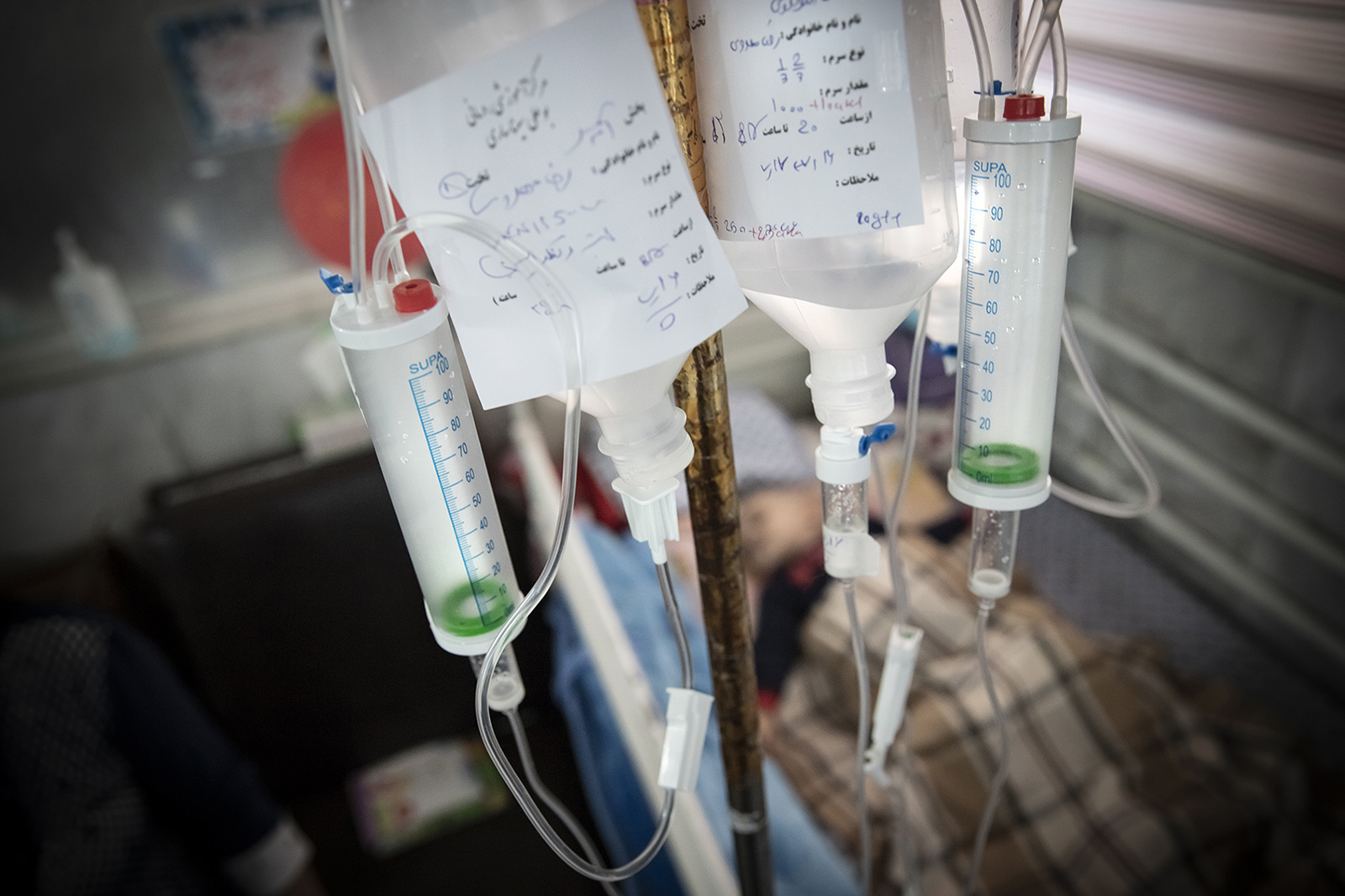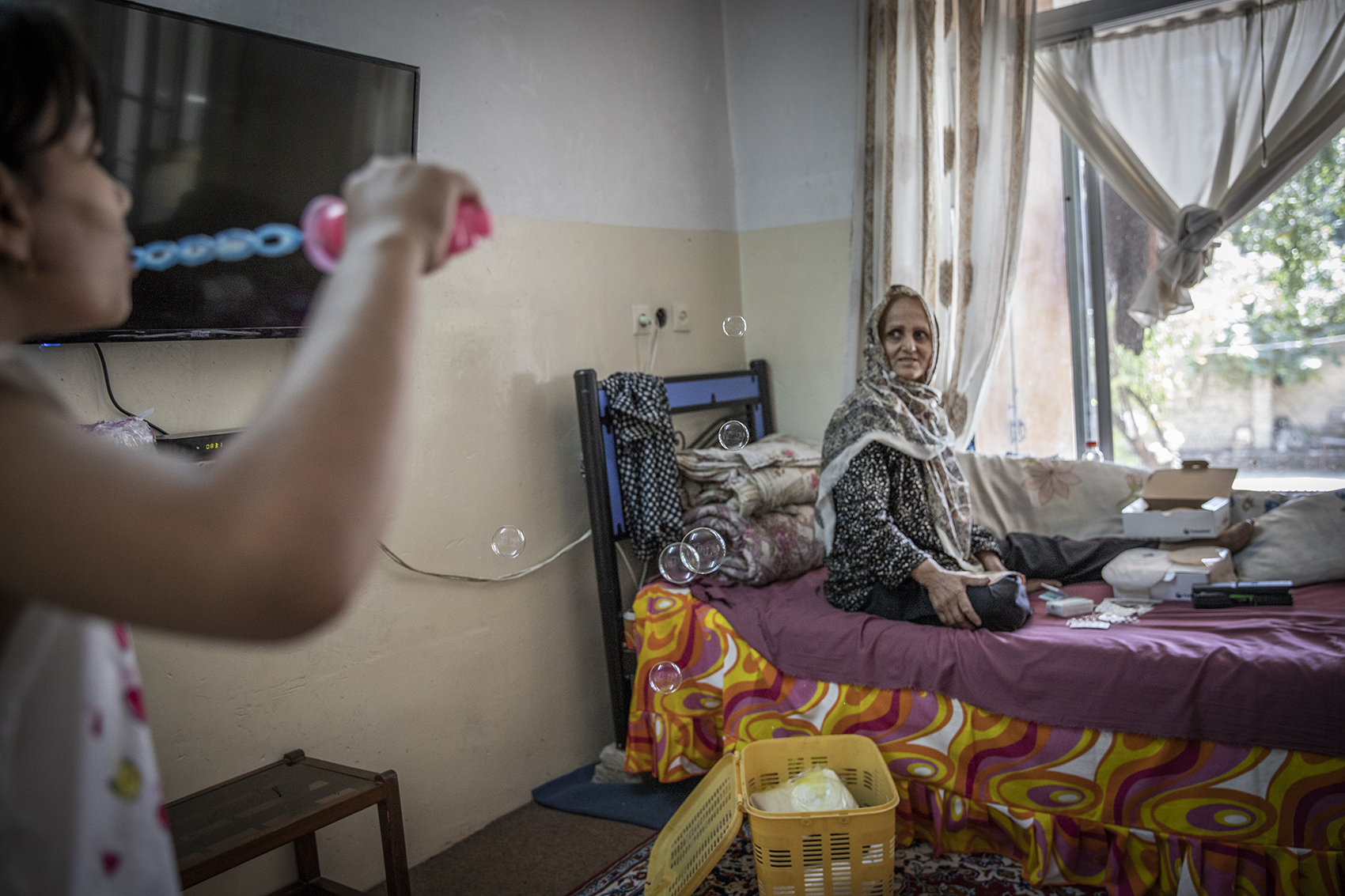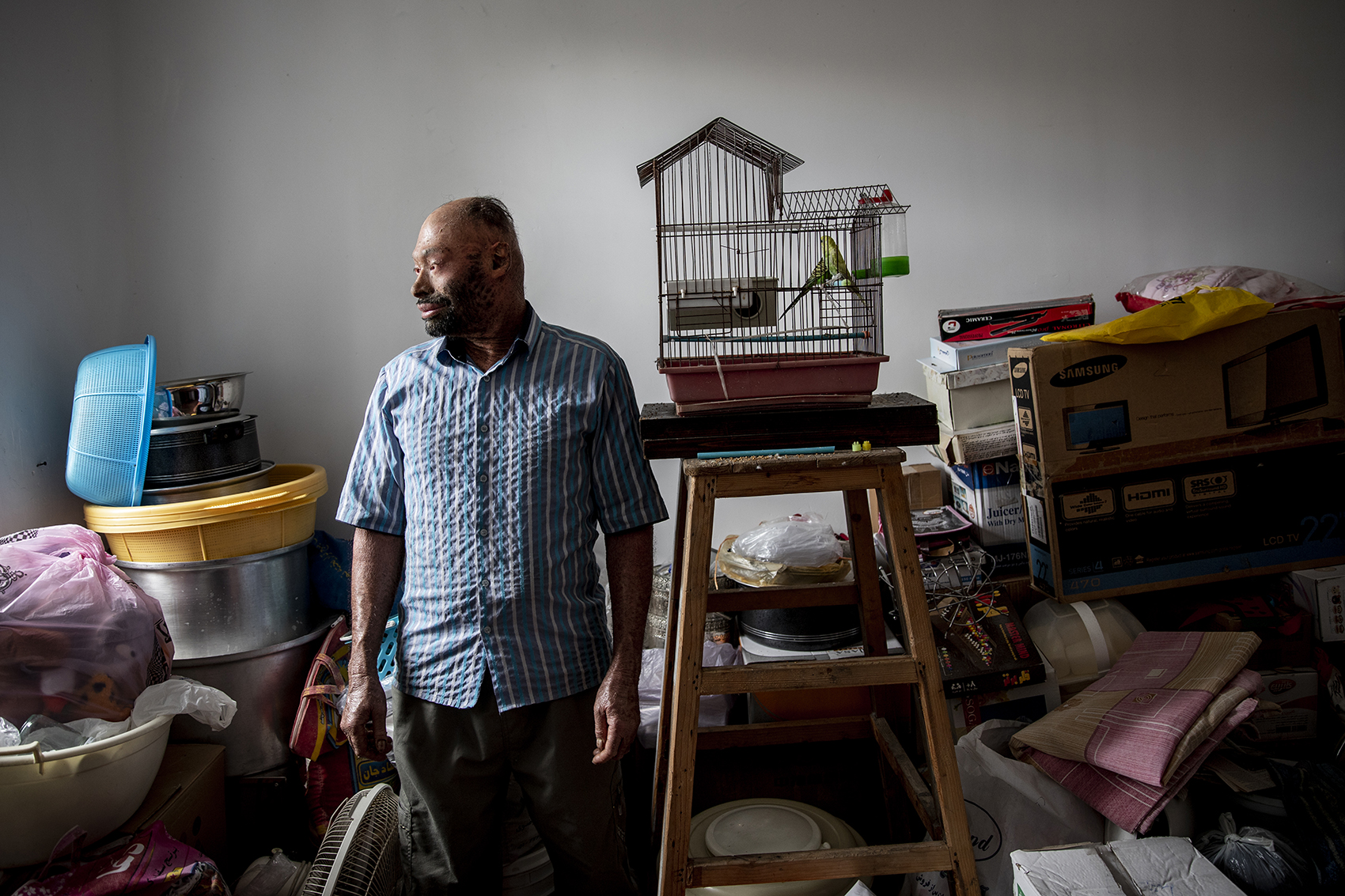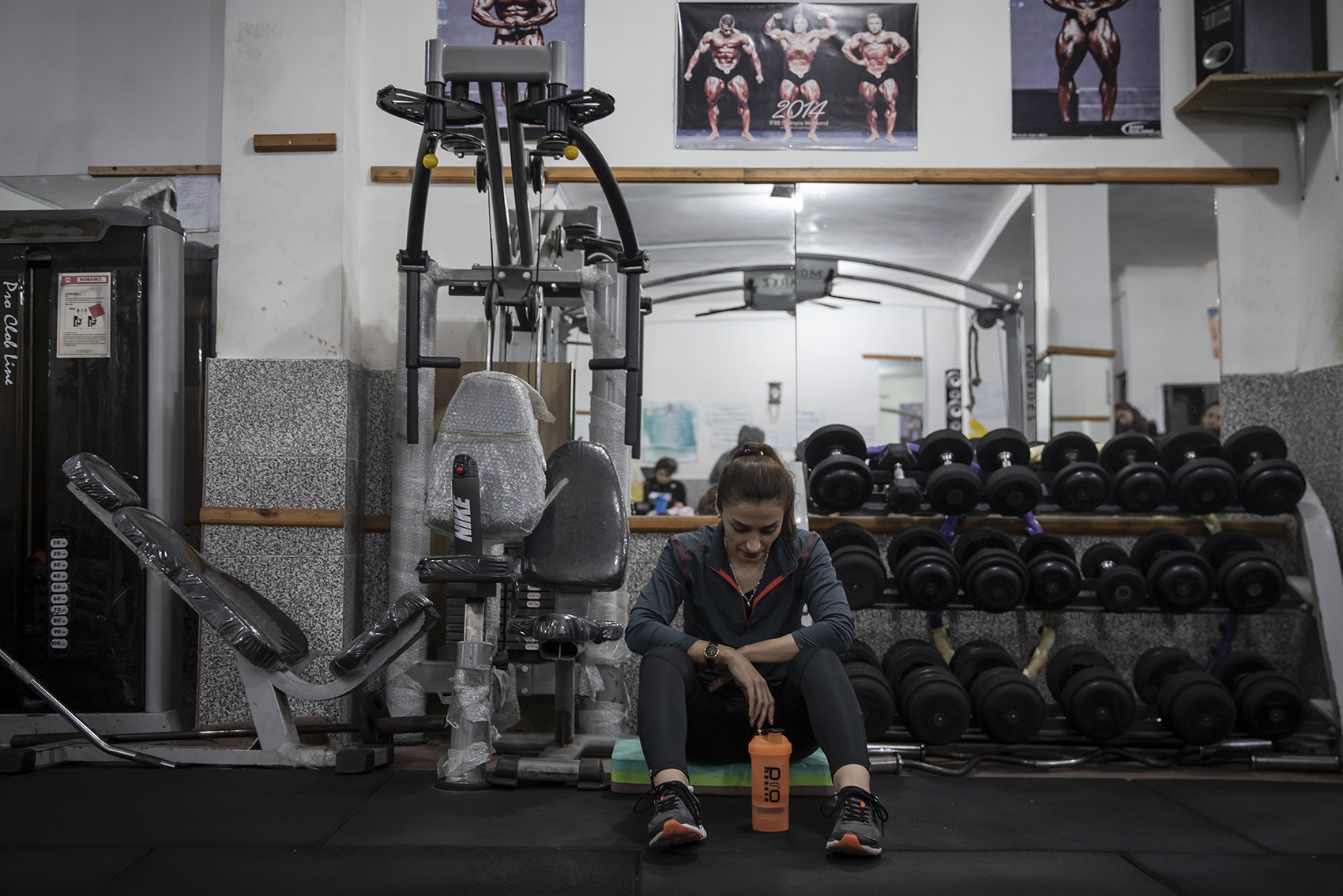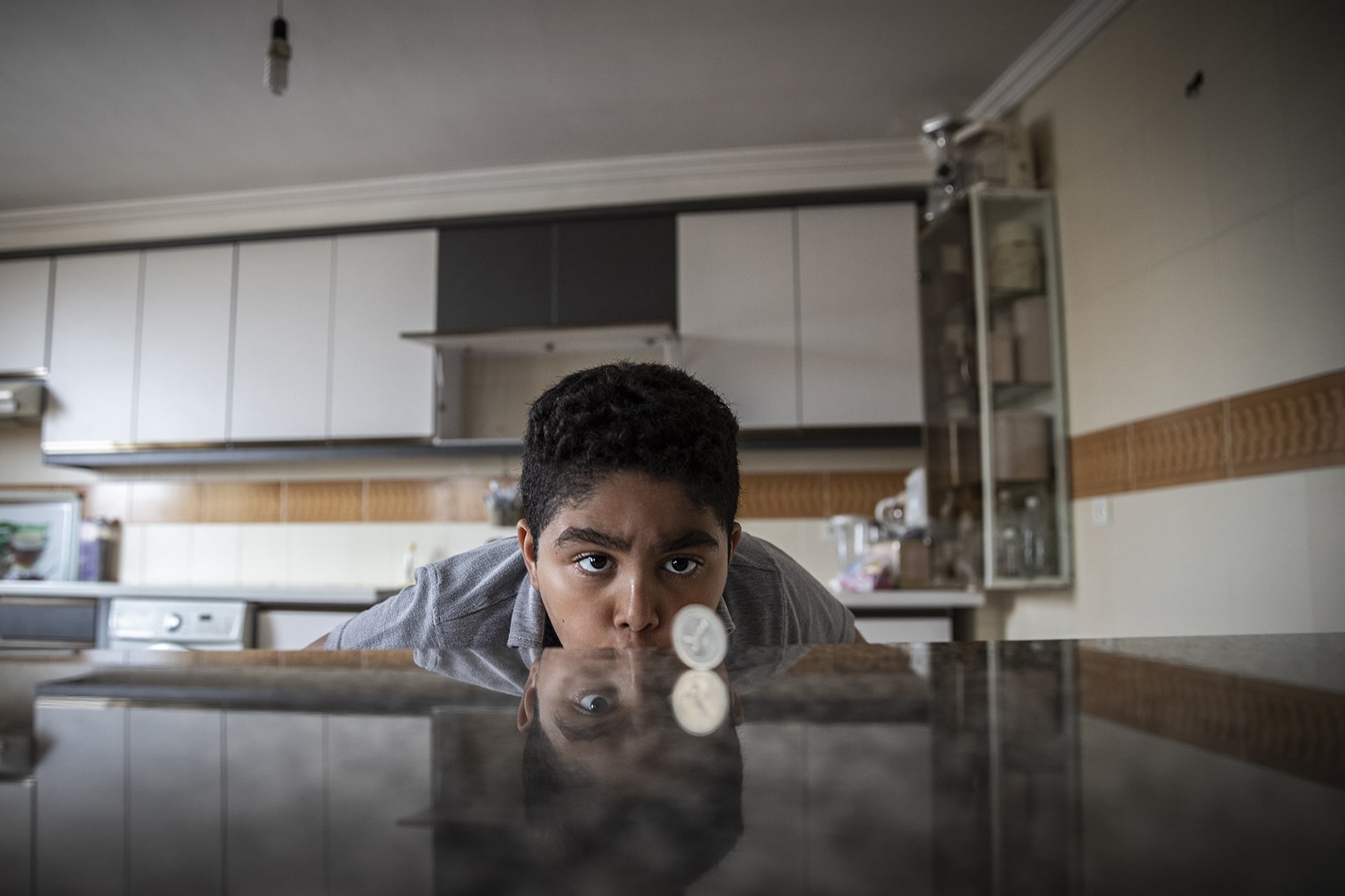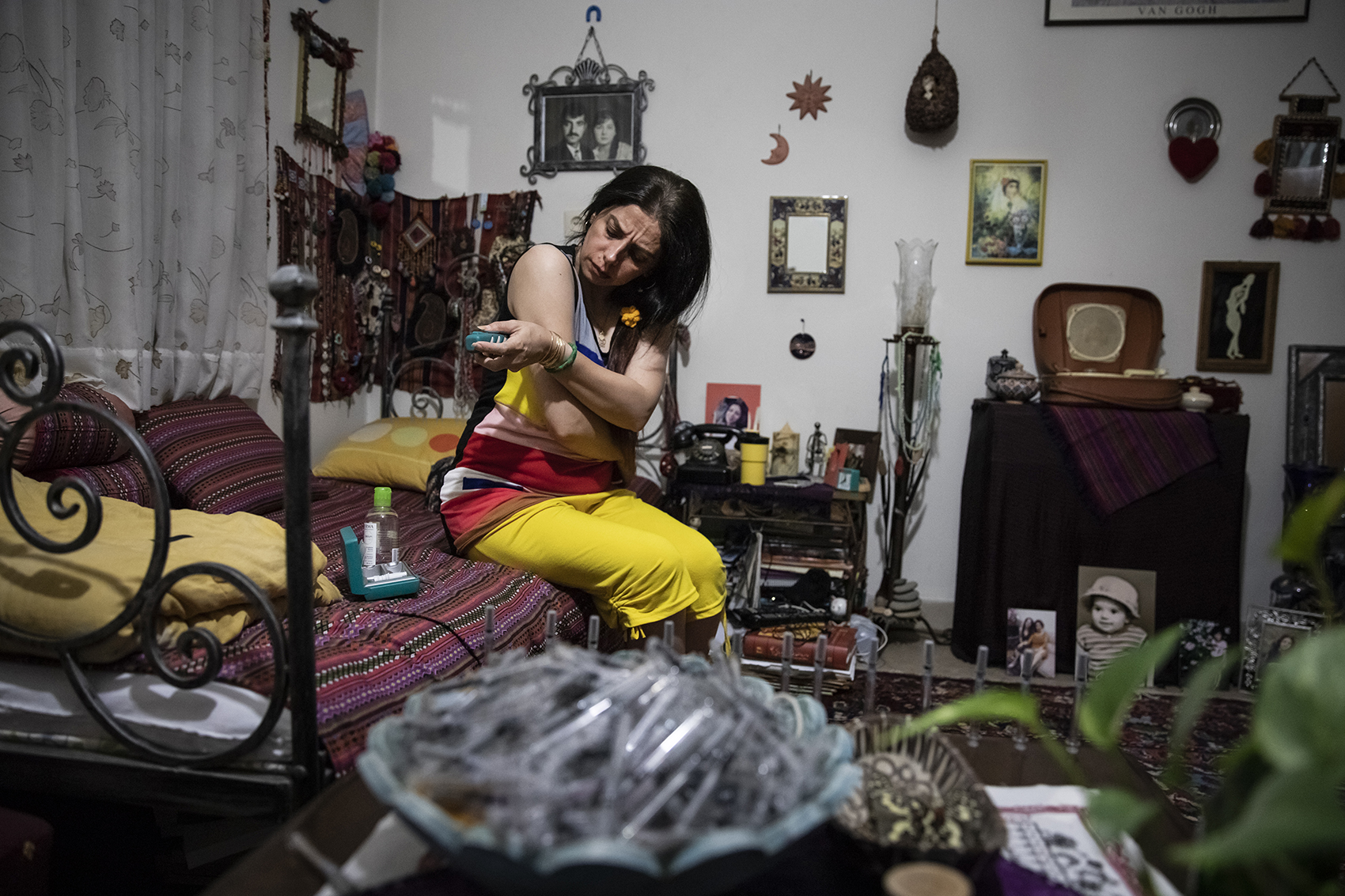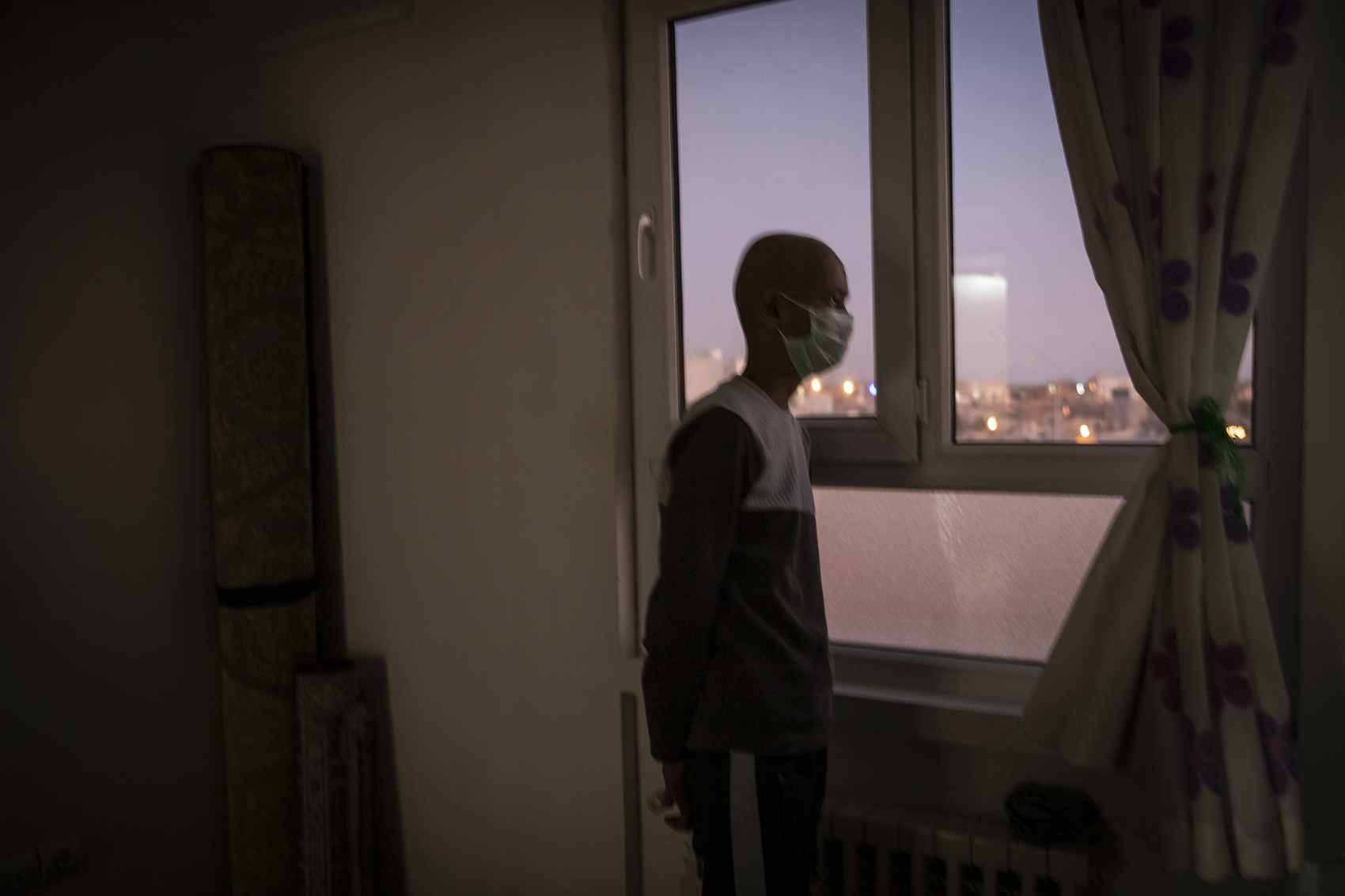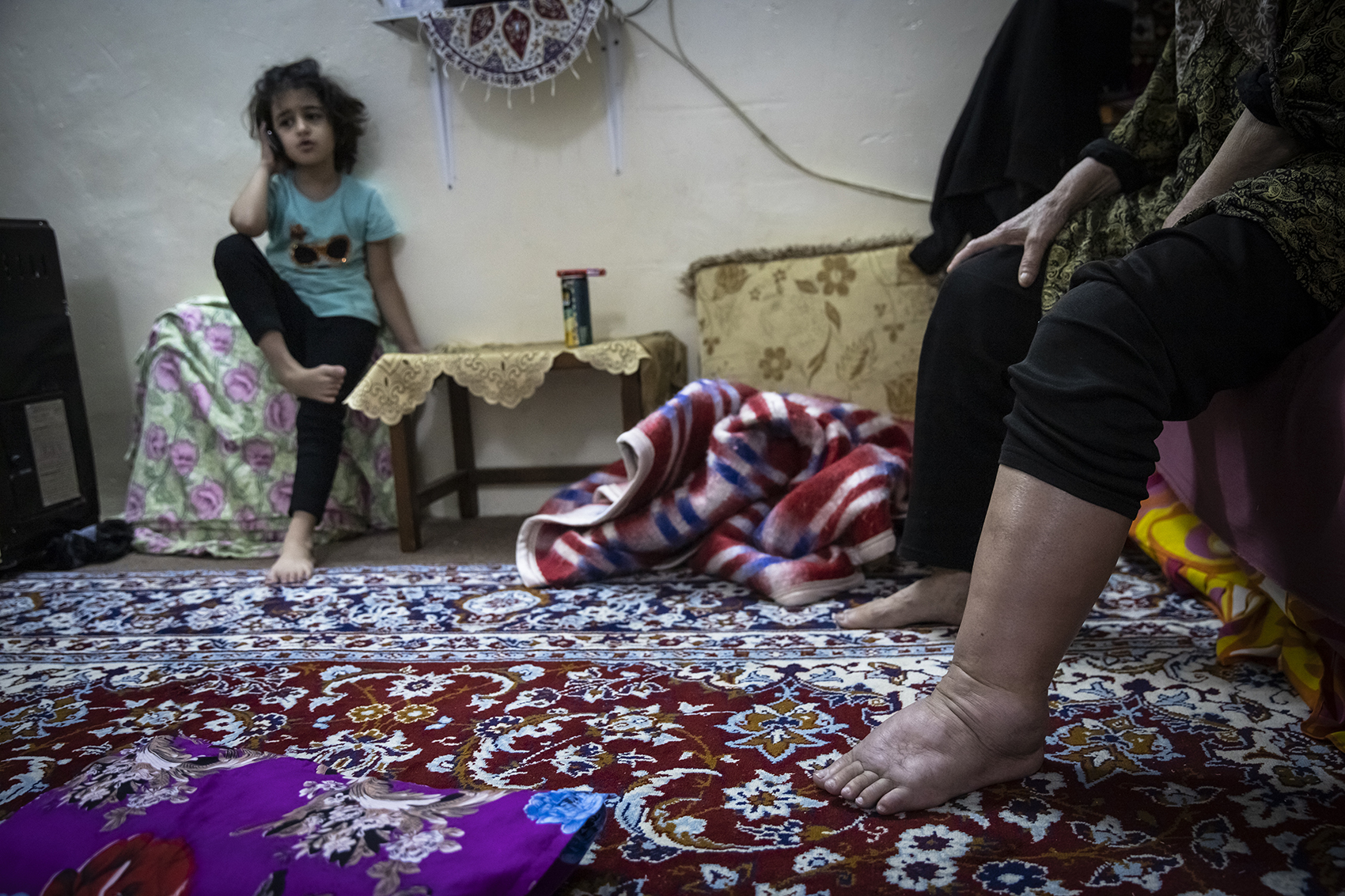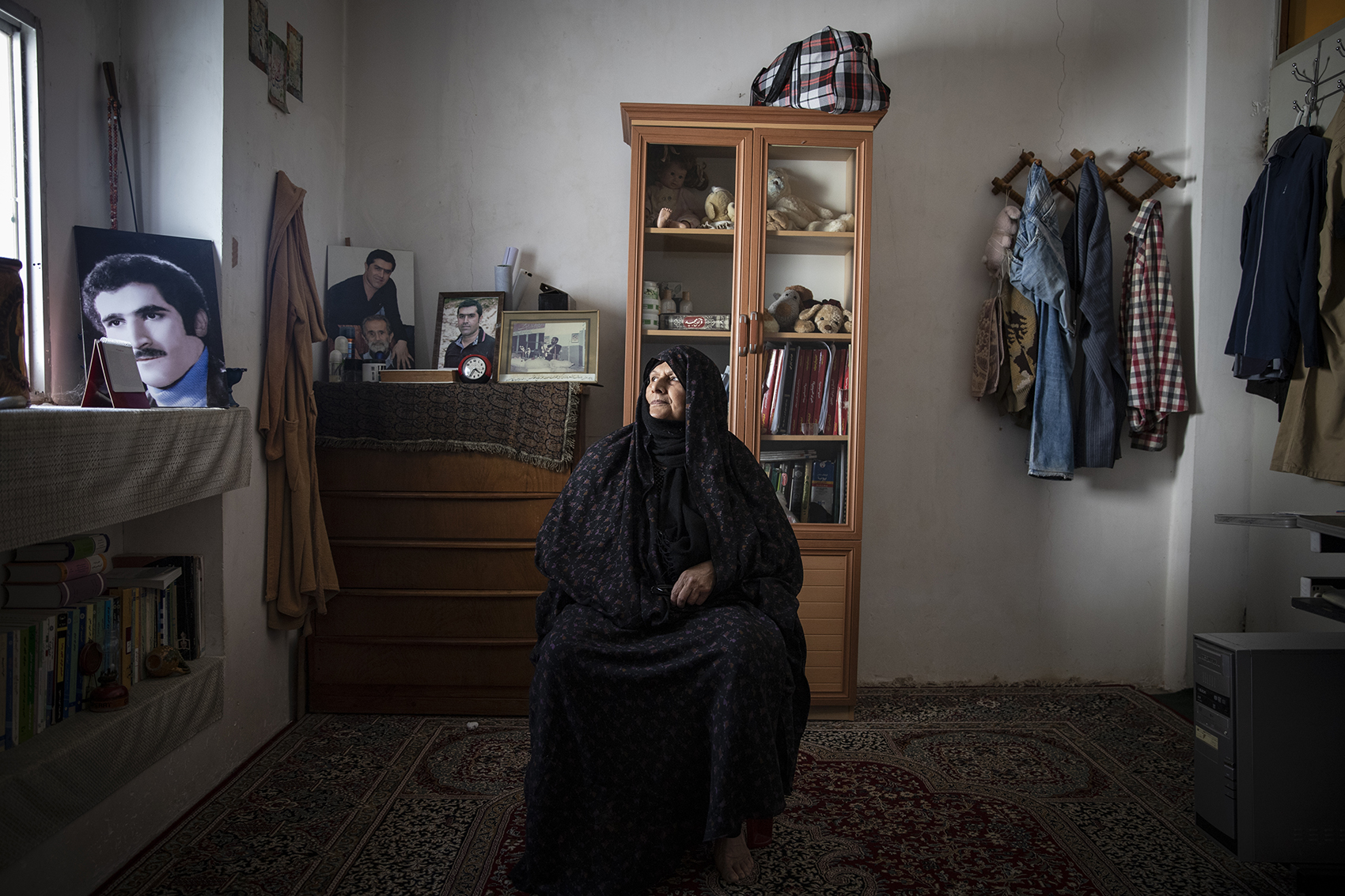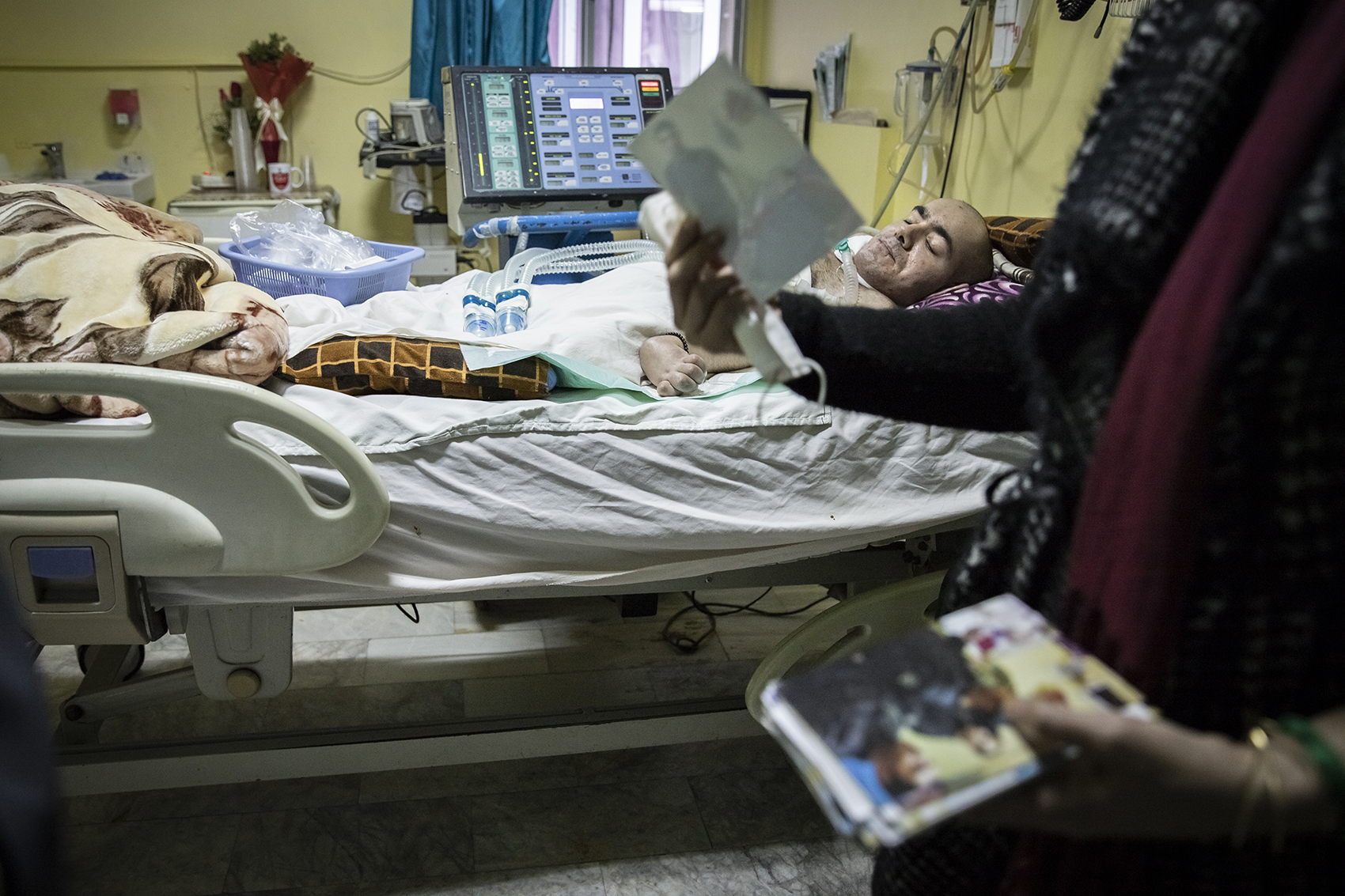Obstructing The Cure – (Extended)
Project Location | Middle East, Iran, Babol
Production Date | 2020-05-01
"I will sell my kidney next month to cover my son's medical costs if you assure me that I can find the medicine. I don't want my son to die of cancer in front of my eyes." Aryan's father said. In May 2018, the U.S. withdrew from Iran's nuclear deal and imposed various strict sanctions on Iran. Due to the new U.S. sanctions, health support and medicine have experienced one of the most significant drops since 2000. In less than four months, the cost of "medical necessities" has risen over 60%, and the medical costs have increased by 75%. The gap between personal revenue and monthly expenses has become enormous, and there is almost no way out.
The shortage of medicines and the high price of foreign drugs have resulted in the use of alternative medicines. These medicines, along with their painful side-effects, have endangered the lives of many patients in Iran. Concerns regarding the uncertainty of future treatments and incomplete and unfinished treatments make it harder for patients to recover. Moreover, it puts patients at risk of developing further complications and can ultimately bring them closer to death.
"After the sanctions, I can't find Abolfazl's medical injections: as a result, he broke the T.V. and burned the house curtains during the past weeks," Abolfazl's mother says, her 10-year-old boy has autism. It has been five months after the new sanctions, and 90 rare medications have become listed as "unfindable." These are the medicines needed for the treatment of rare diseases. To further exacerbate the problem, the price of imported medicine has soared, and the national currency has tumbled to 70% against the U.S. dollar. Even medicines manufactured in Iran have become harder to come by for ordinary Iranians.
"I gave up my treatment, and my illness has returned, I cannot live, I have been living apparently by Corton" Samane is a mentor who has cancer; her treatment was unfinished due to a lack of medication. Although the United States insists that medicines and humanitarian goods are exempt from sanctions, restrictions on trade have made many banks and companies across the world hesitant to do business with Iran, fearing punitive measures from Washington. Our country is cut-off by the international banking system. The banking sanctions have blocked transactions, preventing donations from abroad. Transfers of money fail, including those approved by the U.S. Treasury. "The artificial vein is not compatible with my body, and my body has resisted dialysis; I want to die, it would be better for me if I died as soon as possible" Zoleikha has kidney failure.
